Mindhunter was a special show. Eschewing the killer-perspective style of shows like Dahmer – Monster: The Jeffrey Dahmer Story or Dexter, Mindhunter is all about the outsider view, trying to figure out why serial killers do what they do. The fictionalized version of the actual story of how the idea of serial killers took hold, which happened fascinatingly late in history (the 1970s), Mindhunter follows Holden Ford (Jonathan Groff), Bill Tench (Holt McCallany) and Dr. Wendy Carr (Anna Torv) as they developed not just the methods for identifying and dealing with serial killers, but the concept of serial killing itself.
While these aren’t the real names of the people who did the actual work, and some conflation has been done with the history to make it easier to turn into TV, what Mindhunter depicts is very close to the reality of how the world came to understand people who kill as a hobby. It is a brilliant, period-perfect piece of art that delves deep into the human mind and isn’t afraid to get complex and not hold its viewers’ hand through the minefield that is the motivation to kill, and, unfortunately, it only lasted two short seasons. With auteur David Fincher as the effective showrunner and often episode director, almost every episode of Mindhunter is exceptional, but its best 10 episodes will go down as some of the best in TV history.
10Season 1 Episode 10 Forces Holden Ford to Reckon with His Identity
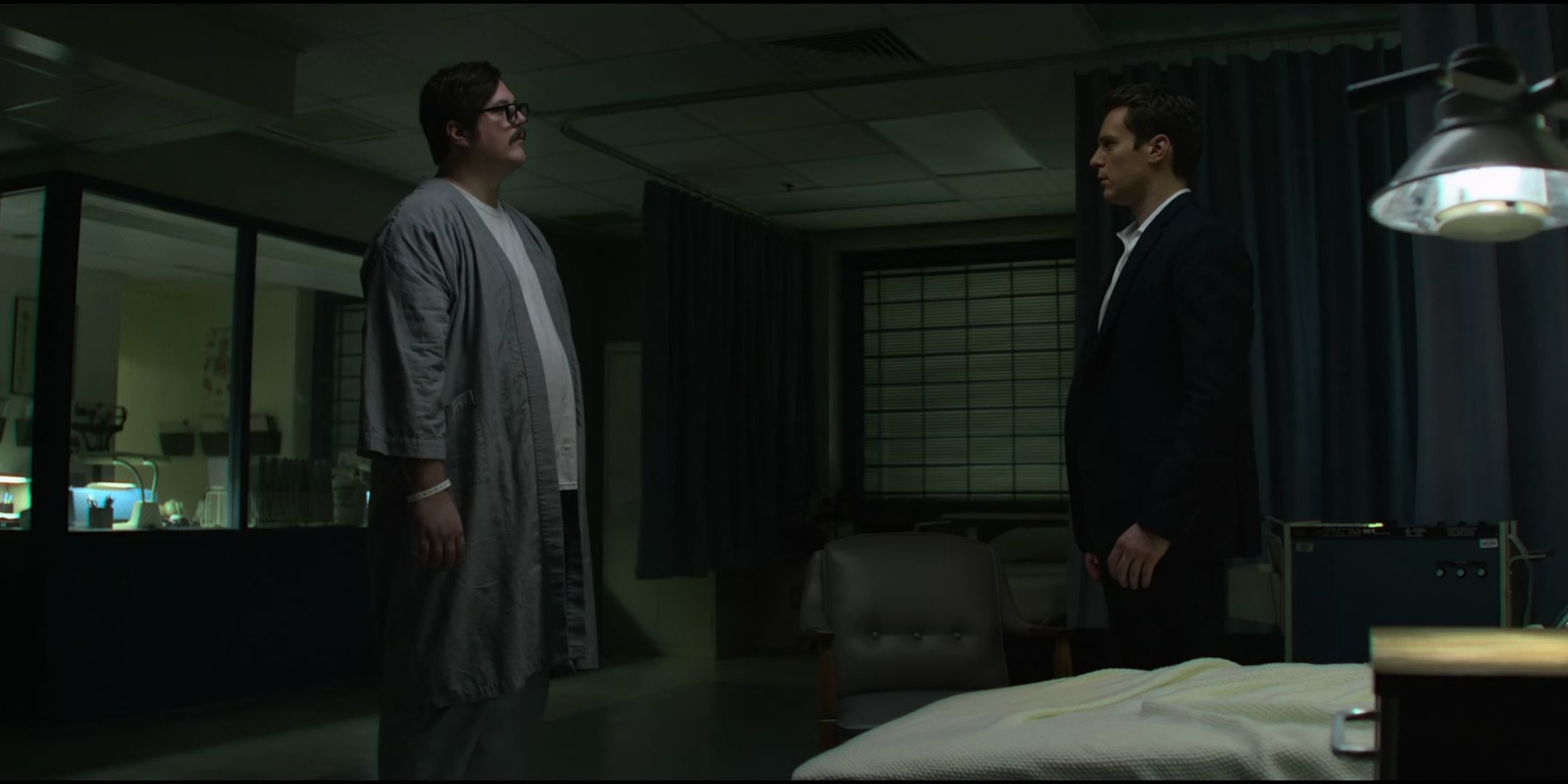
The finale of Season 1 of Mindhunter introduces a major new issue to the show: Holden Ford’s panic attacks. These start to happen after serial killer Ed Kemper hugs Holden at the end of the episode after he goes to meet Kemper in a hospital, where he’s been placed after a suicide attempt that seems like a clear attempt to get Holden to come see Kemper. The episode also deals with the staff of the Behavioral Science Unit facing fallout over erasing part of their interview with Richard Speck, which they did because of the aggressive and explicit way Holden talked to him.
This plus another interview with Darrell Gene Devier, in which Holden uses a similar tactic to break the killer, show that while the team’s strategies are effective, they’re controversial and have negative consequences. When Kemper hugs Holden after describing how he could kill him and asking him why he came, Holden has his first panic attack, and this reveals one of the themes of the show: that by learning how these people work and copying their mentalities when trying to break them, the team is moving closer to who these killers are. The episode is all about the consequences of living in this dark world and how nobody can stay a normal person who does so.
9Tensions Heat Up in Atlanta in Season 2 Episode 8
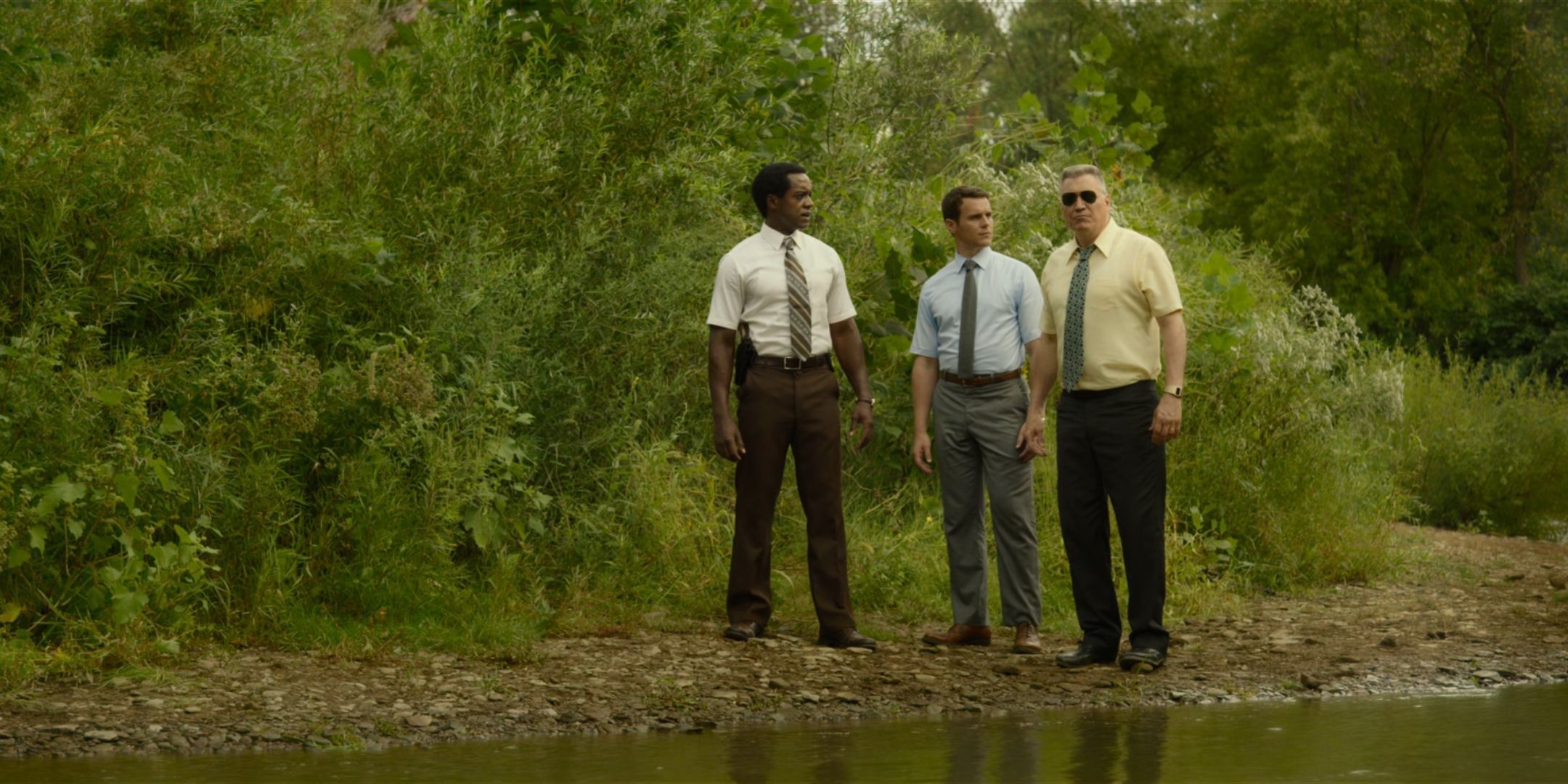
Mindhunter Season 2 Episode 8 is the penultimate episode of the whole series, unfortunately, and it plays on the tensions of the show beautifully. This episode enters the endgame for the Atlanta arc and spends much of its time showing how difficult it actually is to catch a smart killer, even when applying the BSU’s new tactics. While much of the show is about building profiles of killers based on talking to people who have already killed, which the team feels they have much success at, this episode shows how different it is to put those profiles into practice with an active killer.
The episode also continues to show how this work has affected the people in the BSU, showing further how Bill’s inability to keep his work and home lives separate, despite his efforts, has spiraled into a completely broken relationship with his family. His son is continuing to exhibit antisocial behaviors and his wife is more and more distraught and distanced, things that the show implies are at least in part due to the nature of Bill’s work. Wendy’s relationship with Kay also falls apart, though in her case, it appears Wendy is actually making a conscious and healthy decision to not be with someone who hides her, though it’s clear that Wendy’s struggles as a gay woman working for the government in the 80s will continue. Season 2 Episode 8 is a complex one, showing that despite the clarity of the BSU’s work in theory, the reality of their lives is much more murky and difficult.
8Every Character Struggles with Their Connection to the FBI in Season 2 Episode 7
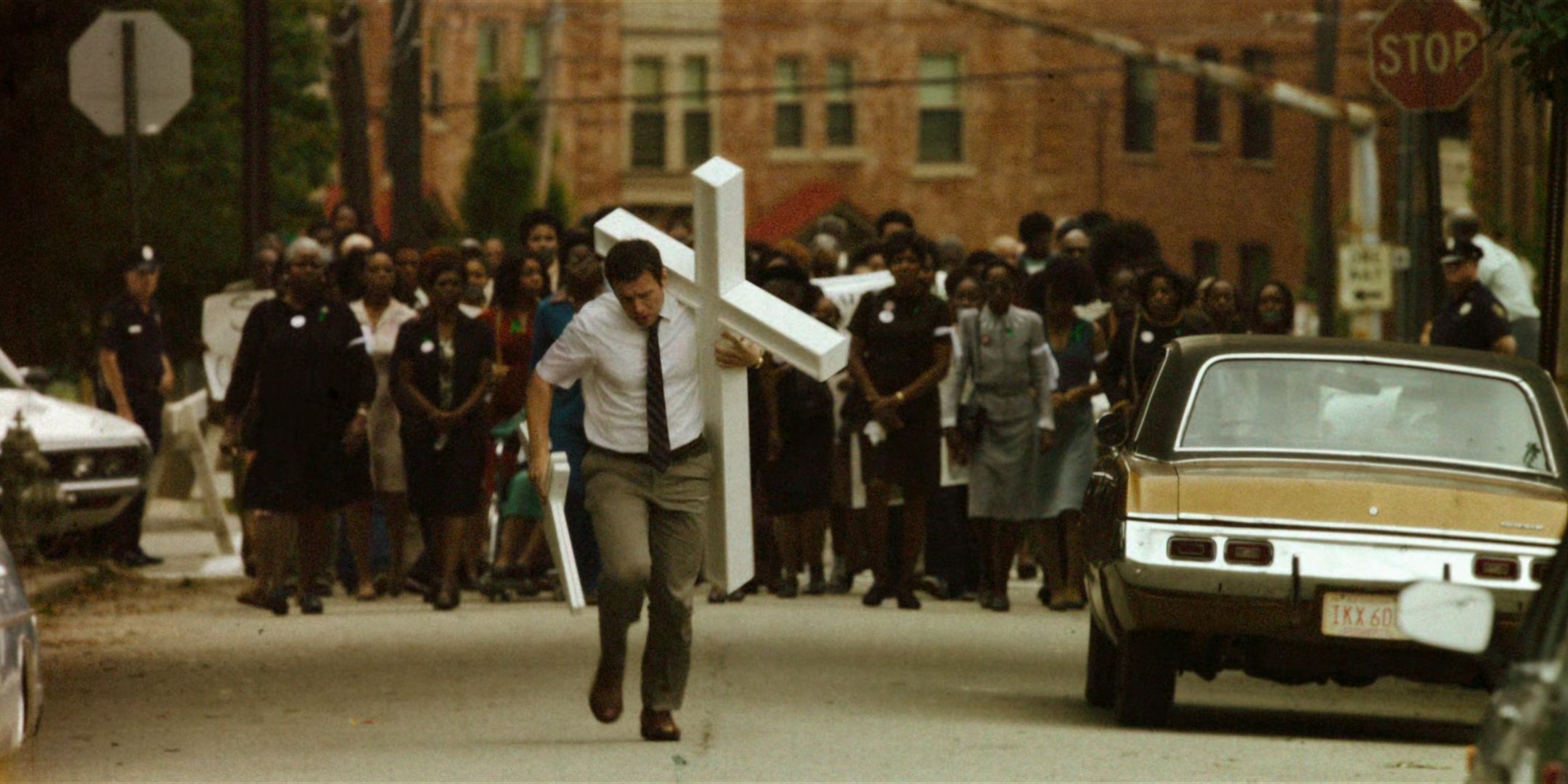
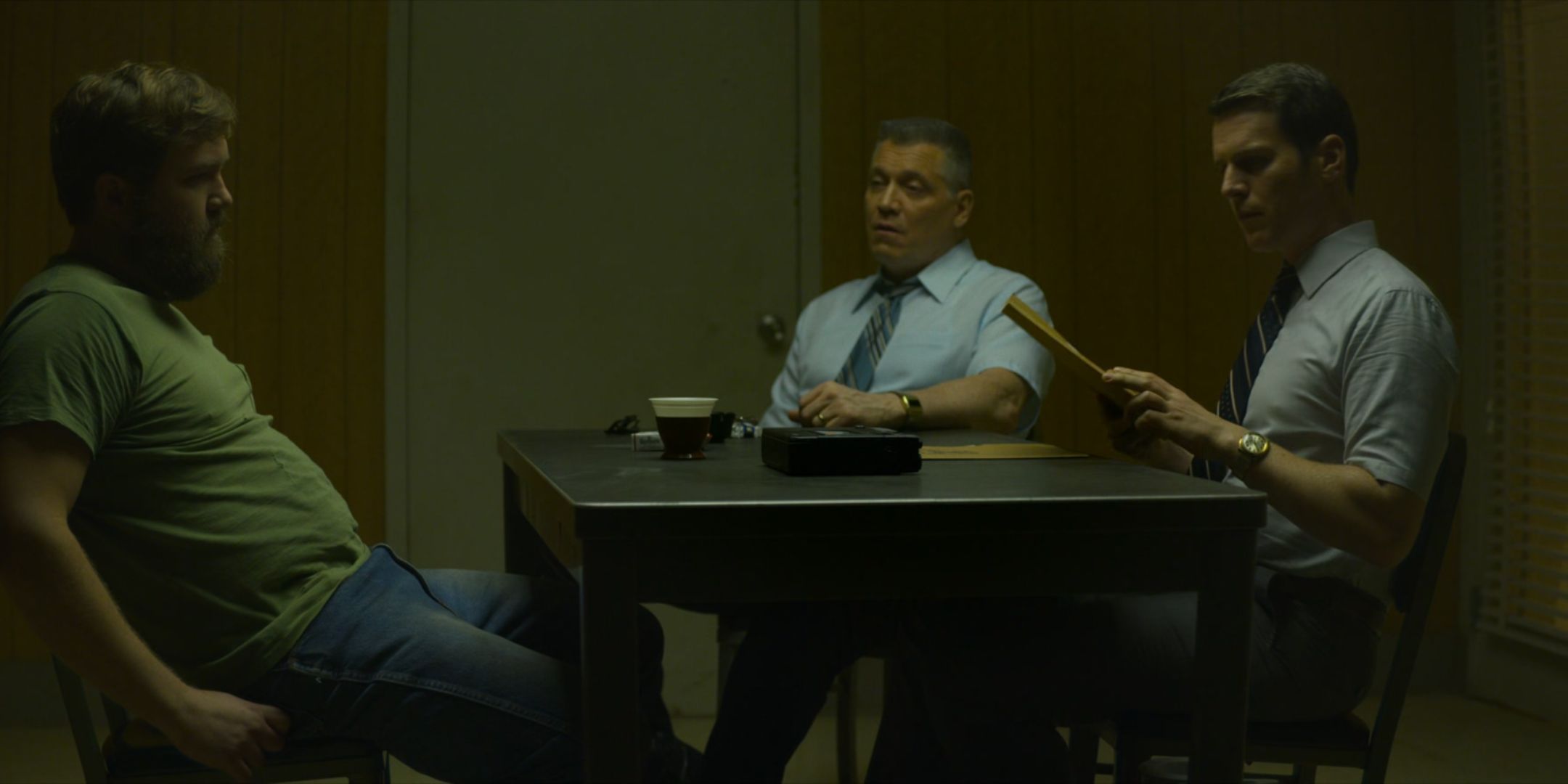
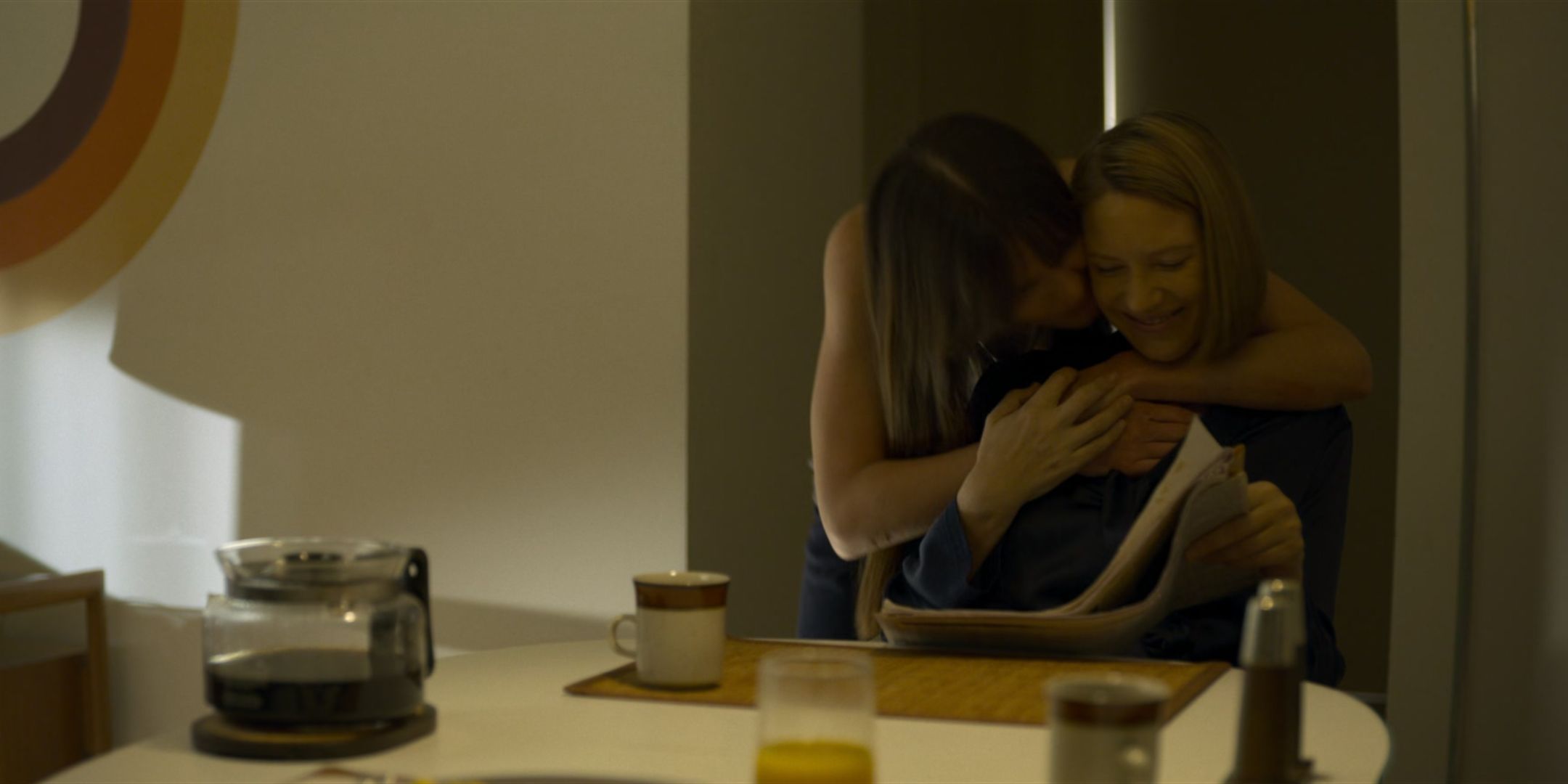
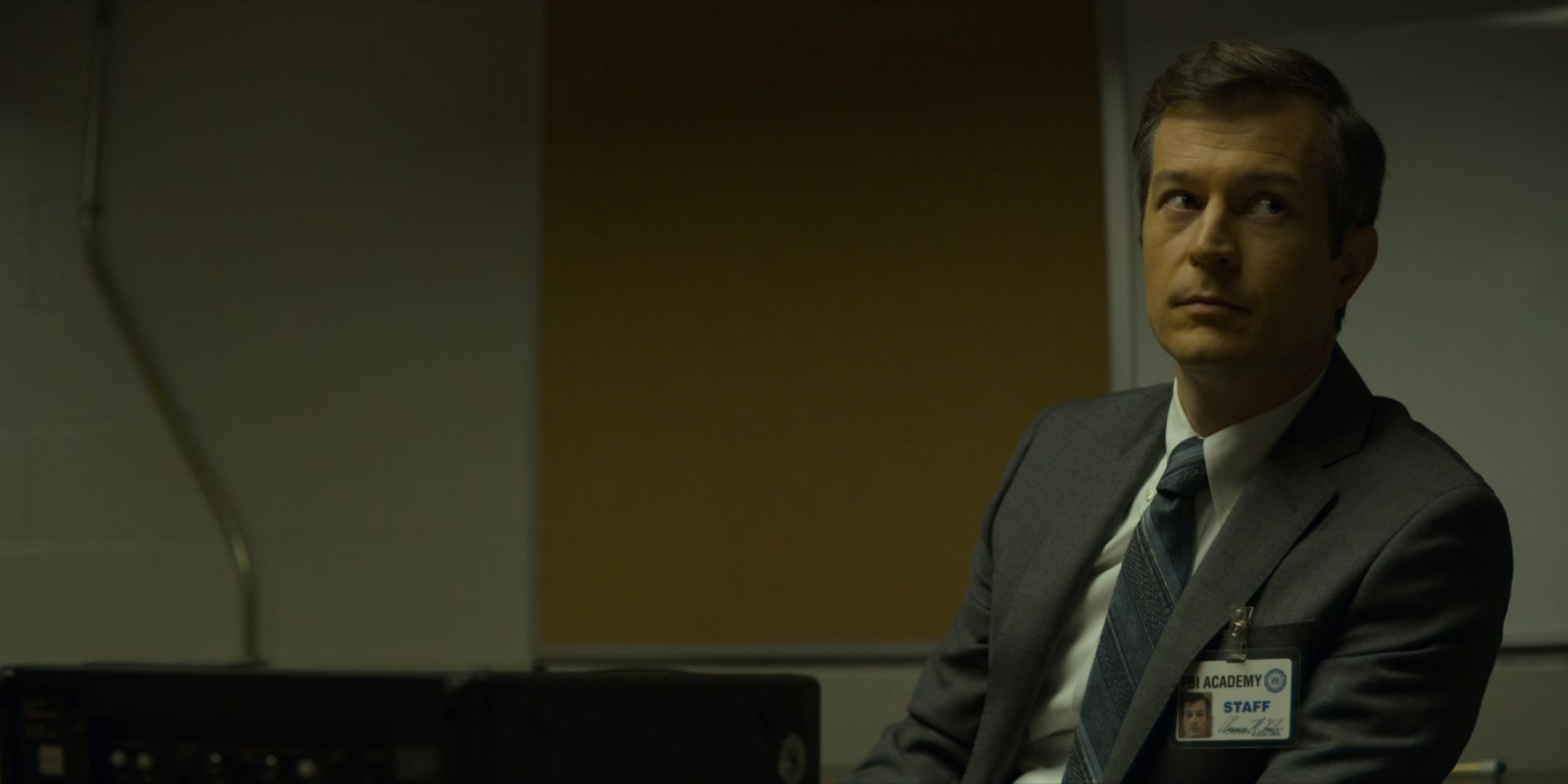
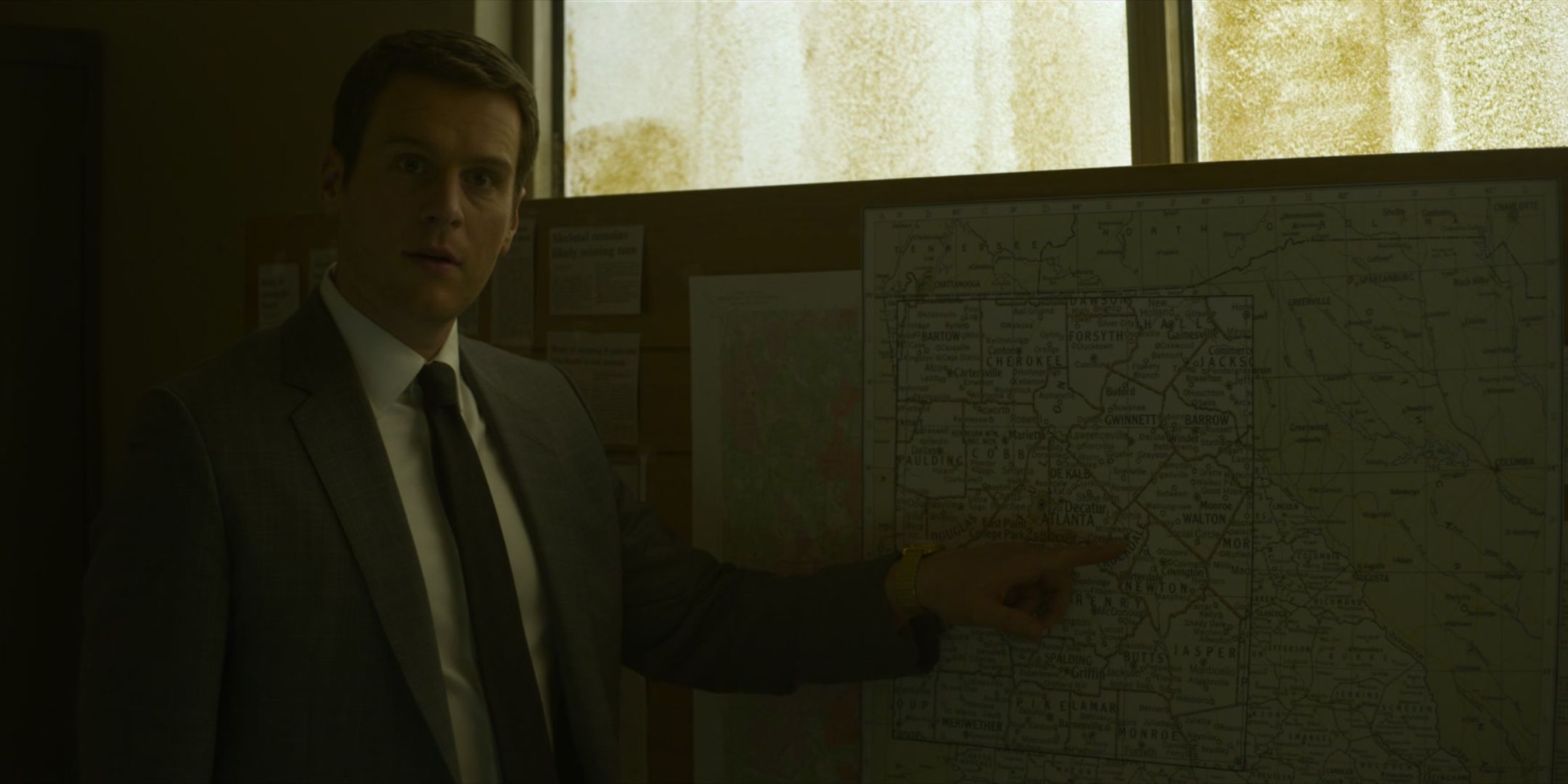
After so many scenes of breaking people already in prison for killing, Mindhunter Season 2 Episode 7 shows the limits of Holden, Bill and the BSU’s tactics in practice with active cases. The team tries to manipulate a man into confessing to the Atlanta killings, only to find out they’re entirely wrong, which brings their methods into question for their morality and accuracy. This is especially true since Holden didn’t believe the man fit who they were looking for in the first place, and yet he went into full accusation mode once in the room with him. The episode in general is all about messiness, how even the smartest people and the biggest organizations (like the FBI and a whole city government) can’t just solve everything by being clever or throwing effort at it.
Despite the acknowledged messiness and difficulty of the situation, the city of Atlanta and its people are in need of some sort of answer, even if it’s not actually solving the serial killer problem. Mindhunter is really getting into the way that violence affects people in this episode, and it features one of the show’s most powerful images, as Holden races ahead of a crowd of Black Atlanta citizens on a march, meant to highlight the need for community safety, with a cross in his arms. The idea of being a white savior to this community is clear, and as Holden completely fails to get the cross to its position in time to make a trap for the killer, he’s confronted face-to-face with the people he’s let down, unable to solve their problems with his supposed brilliance. Wendy, Gregg and Bill all face their own issues with their work, and the episode is a powerful statement about the inability of even the smartest people to control their lives.
7Season 1 Episode 8 Compiles the Show’s Best Elements into One Episode
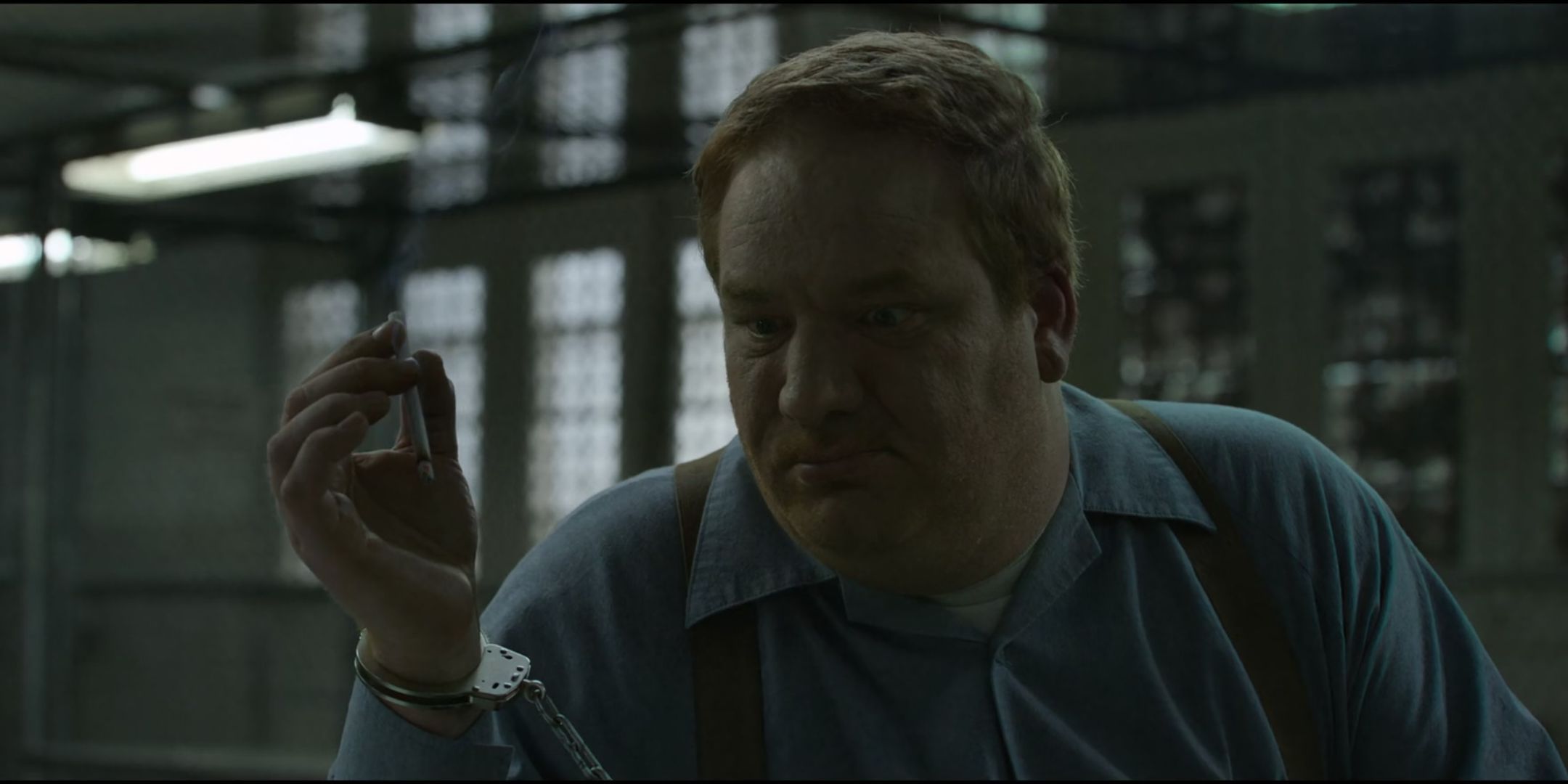
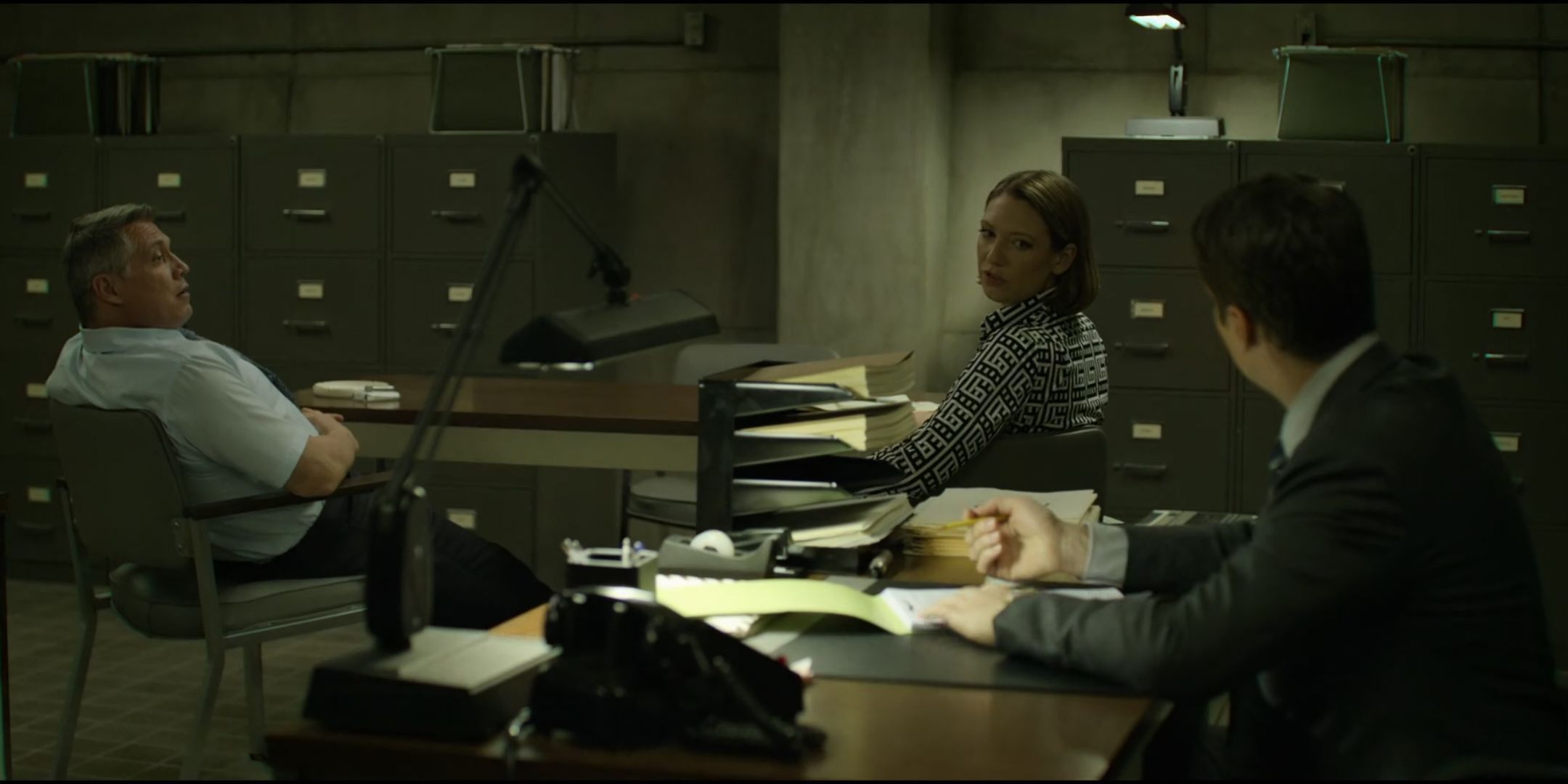
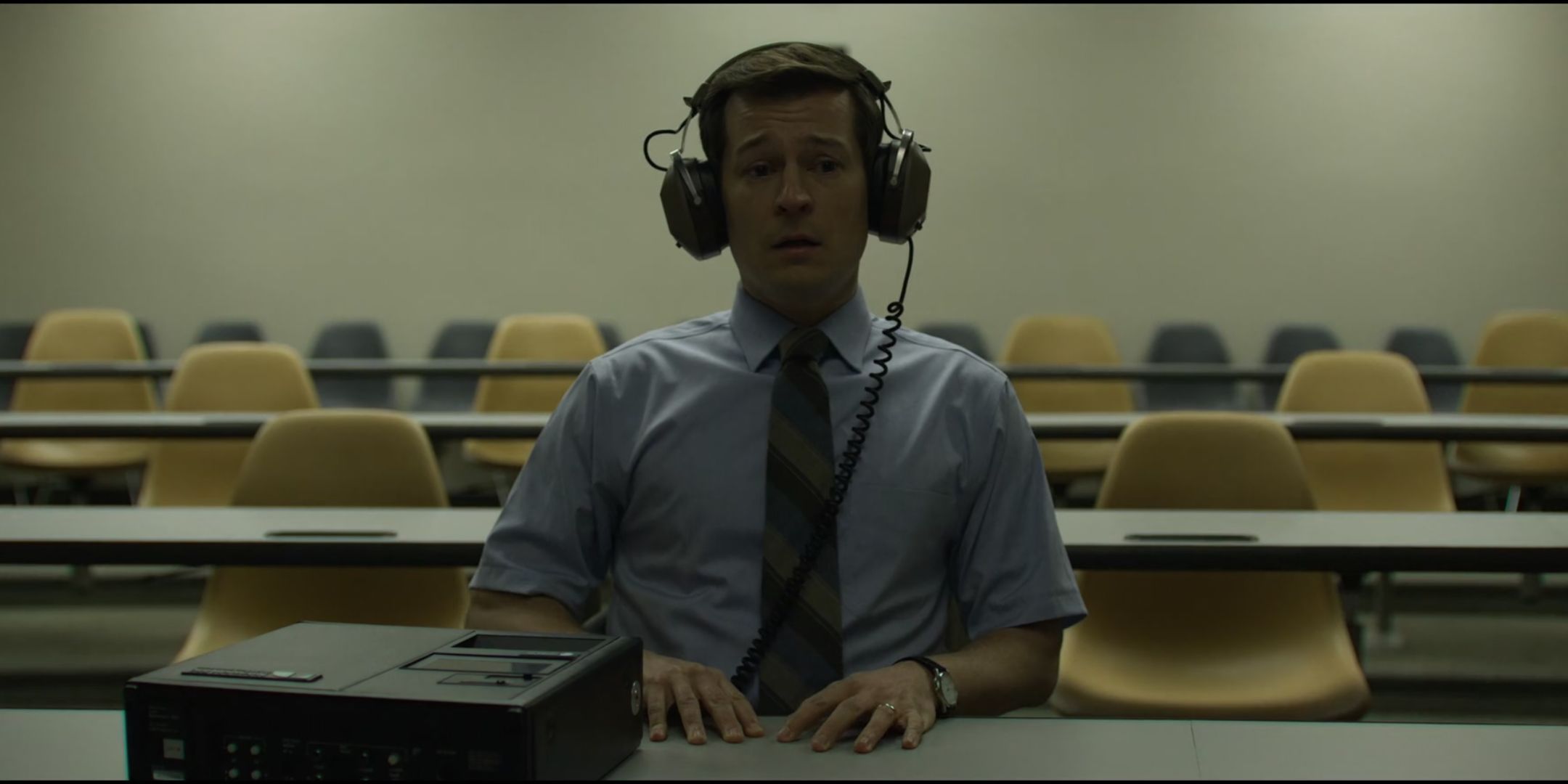
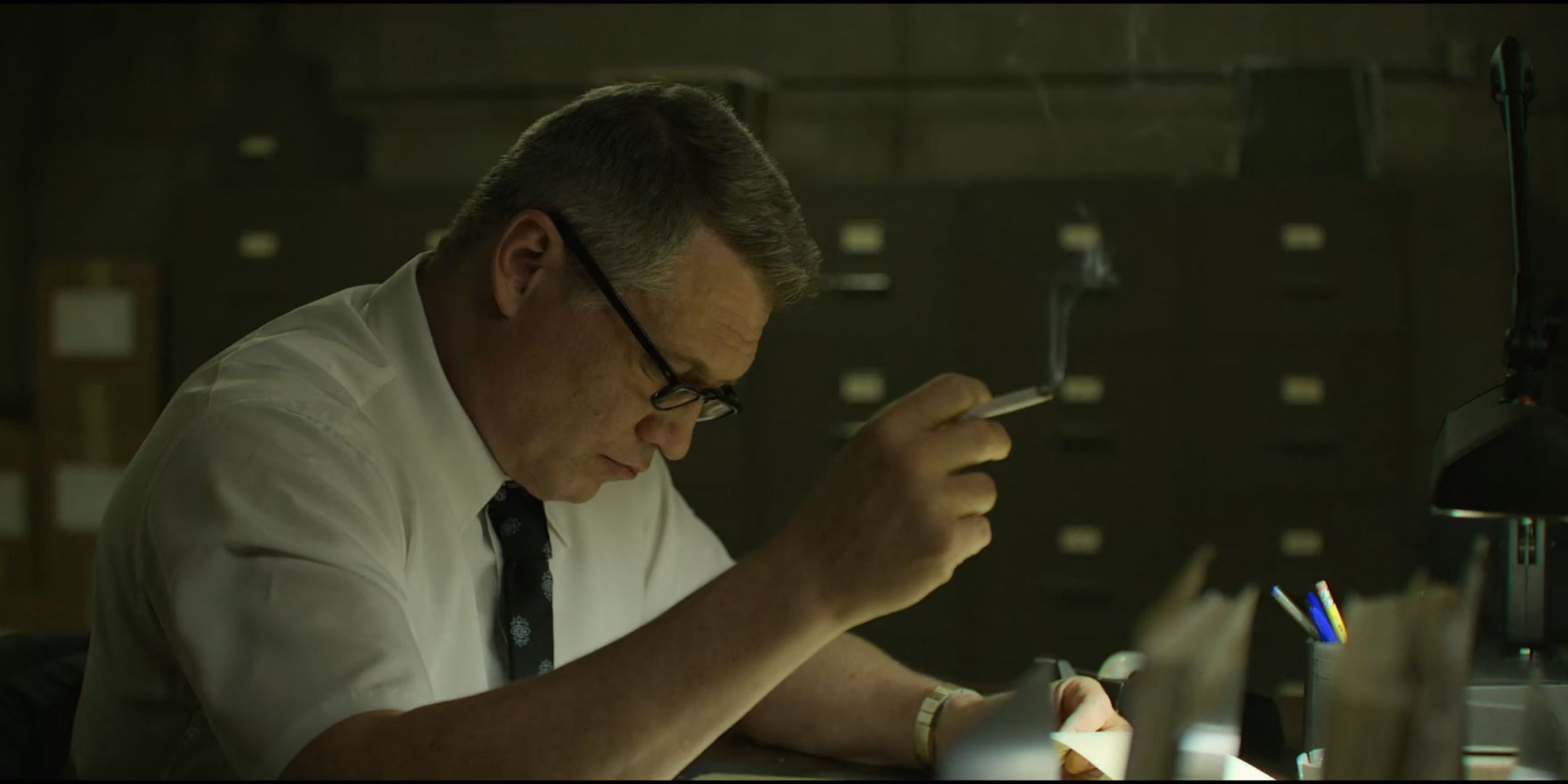
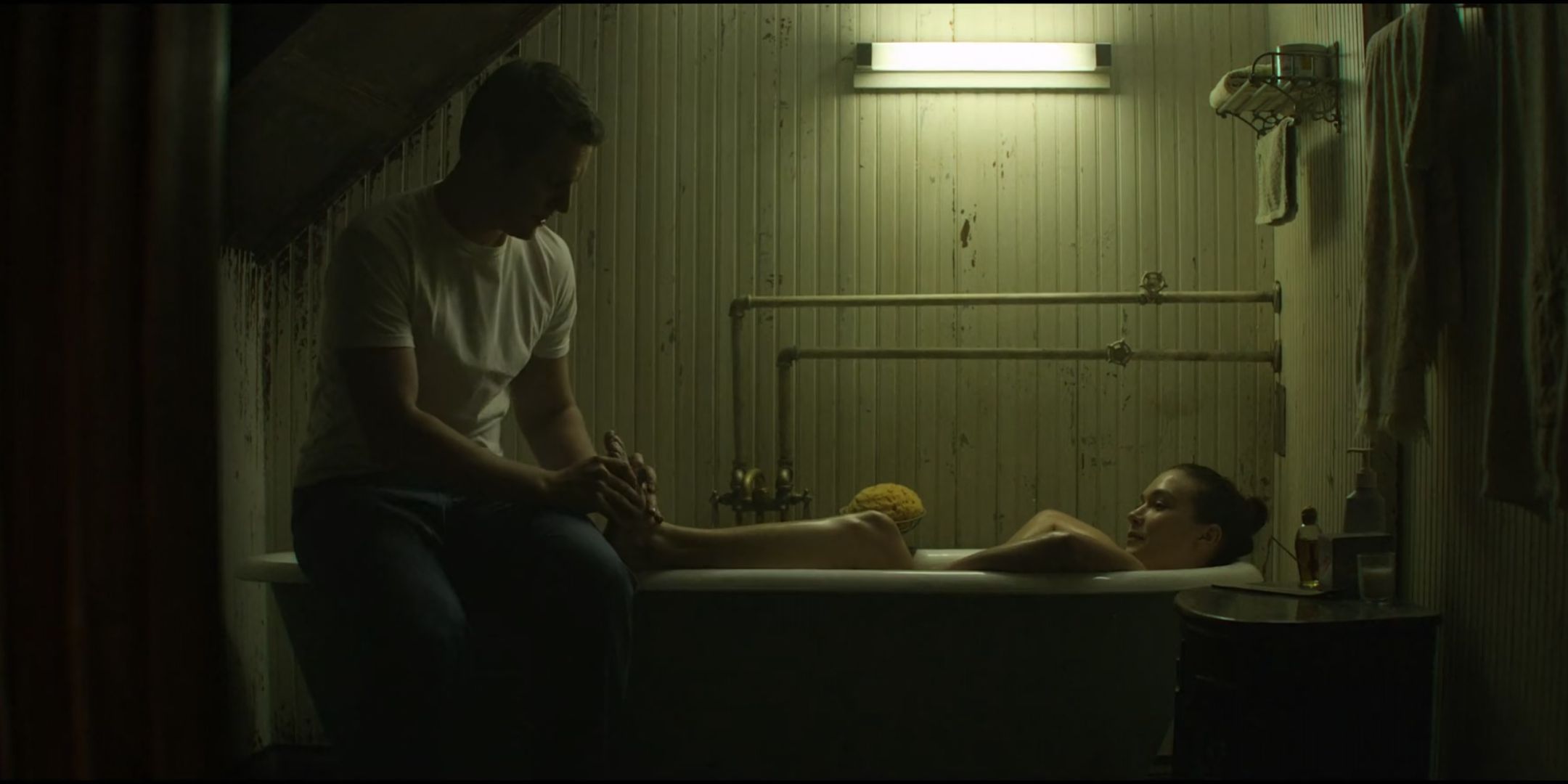
Part of what Mindhunter is trying to address is the complexity of applying the BSU’s research to real life, especially the morality of it. It’s one thing to try to understand serial killers, and obviously, it was an important and necessary step to make in a modern world, but what that means when applied to people who have yet to commit a crime is another thing entirely. Mindhunter Season 1 Episode 8 goes into this hard, with much of its focus on a school principal who is tickling students’ feet against the wishes of their parents, which Holden latches on to as he can’t help but connect the behavior to the research he’s done with sexually motivated killers.
In the same episode, Holden finds a way to get killer Brudos to talk openly about his killings by framing it as a hypothetical, explaining it as if he were talking about what someone else might do. This is where Mindhunter thrives, in showing that this kind of thinking is both important scientifically and helpful in understanding and thus hopefully preventing such killings, but that doing this work and thinking this way makes it hard to ever see the world in any other way. Obviously the principal is doing something inappropriate, but the show makes a point to say that bringing the FBI into the equation is inherently complicated. This episode shows the inevitable conflicts that people who initially were on the same page will have when situations get more and more complex, and it introduces the fourth team member Gregg, whose induction into the BSU involves being shocked by listening to interviews with killers, yet still committing to the work for personal reasons, a major theme of the show.
6The Richard Speck Interview and the Atlanta Plot Put Season 1 Episode 9 Among the Best Episodes of the Show
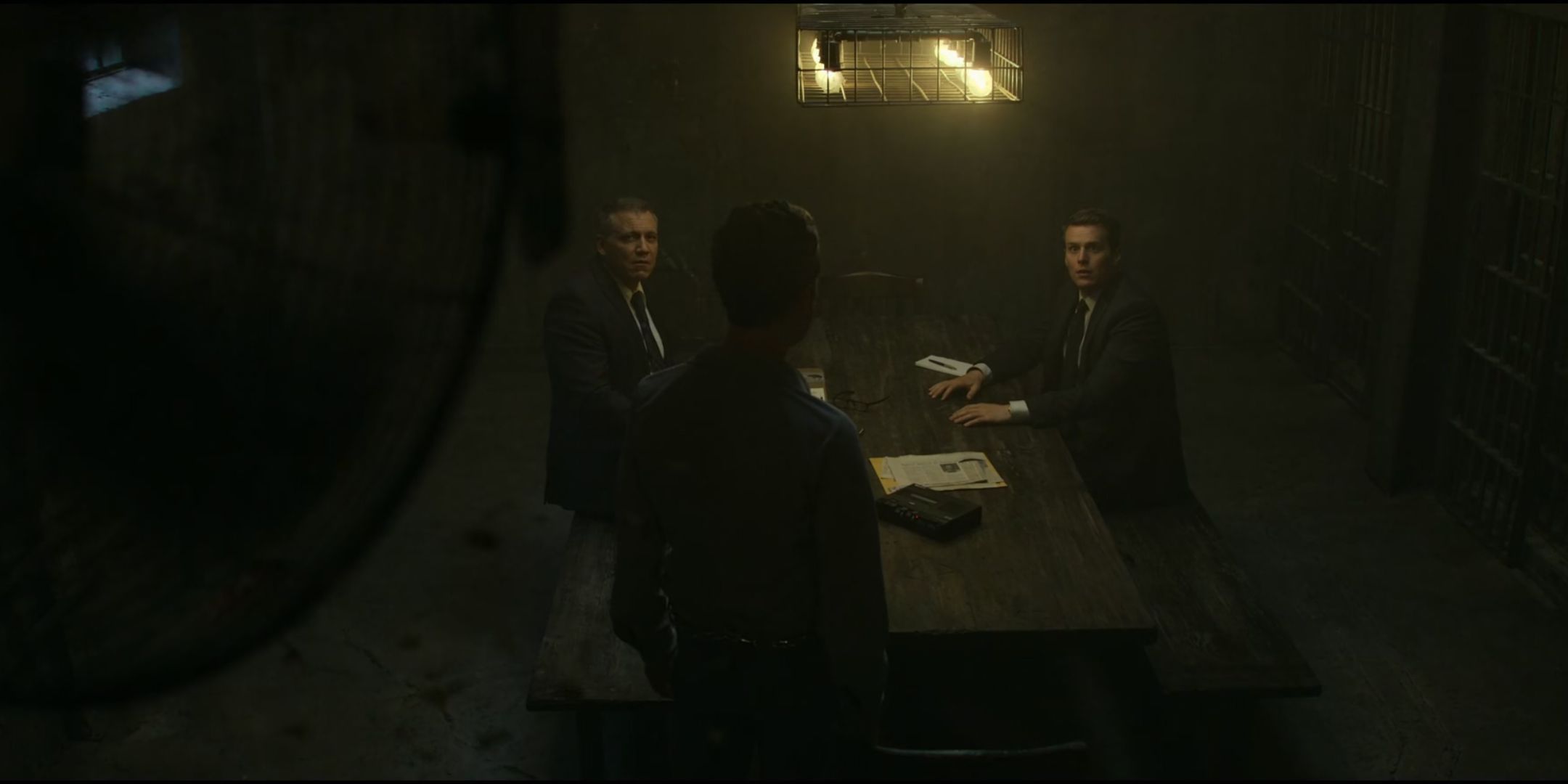
The Ed Kemper and Charles Manson interviews are probably the most remembered of the many such moments that anchor Mindhunter, but the Richard Speck scene is also up there as one of the show’s most iconic. Showing a very different kind of killer than has been in the show so far, Episode 9’s Speck is arrogant and very country, and he appears to have some level of empathy as he is holding a small bird that he says he fed from an eyedropper. As Holden and Bill interrogate Speck, they come to find that he’s extremely protective of his image as a hardcore badass, and he eventually throws the bird into a fan over his shoulder, without looking or seeming to have any emotion about it, in an attempt to prove to the pair that he doesn’t care about anything.
The moment is brutal and shocking, and the interview proves to both show a new classification of killer (one who isn’t planning on killing but just does because it’s possible in a moment, as opposed to organized killers) and creates the first major internal conflict for the BSU. Holden asks Gregg to redact portions of the Speck interview because of the “language” he uses, but really it’s about his tactic of trying to speak like the killer, and Gregg messing with the recording ends up getting the group into hot water with the FBI and each other. This episode showing that the methods Holden uses aren’t always considered moral and acceptable is a major development of the show’s focus, continuing the theme of this being important work but not necessarily all good.
5The FBI’s Methods Are Revealed to Have Massive Shortcomings in Season 2 Episode 3
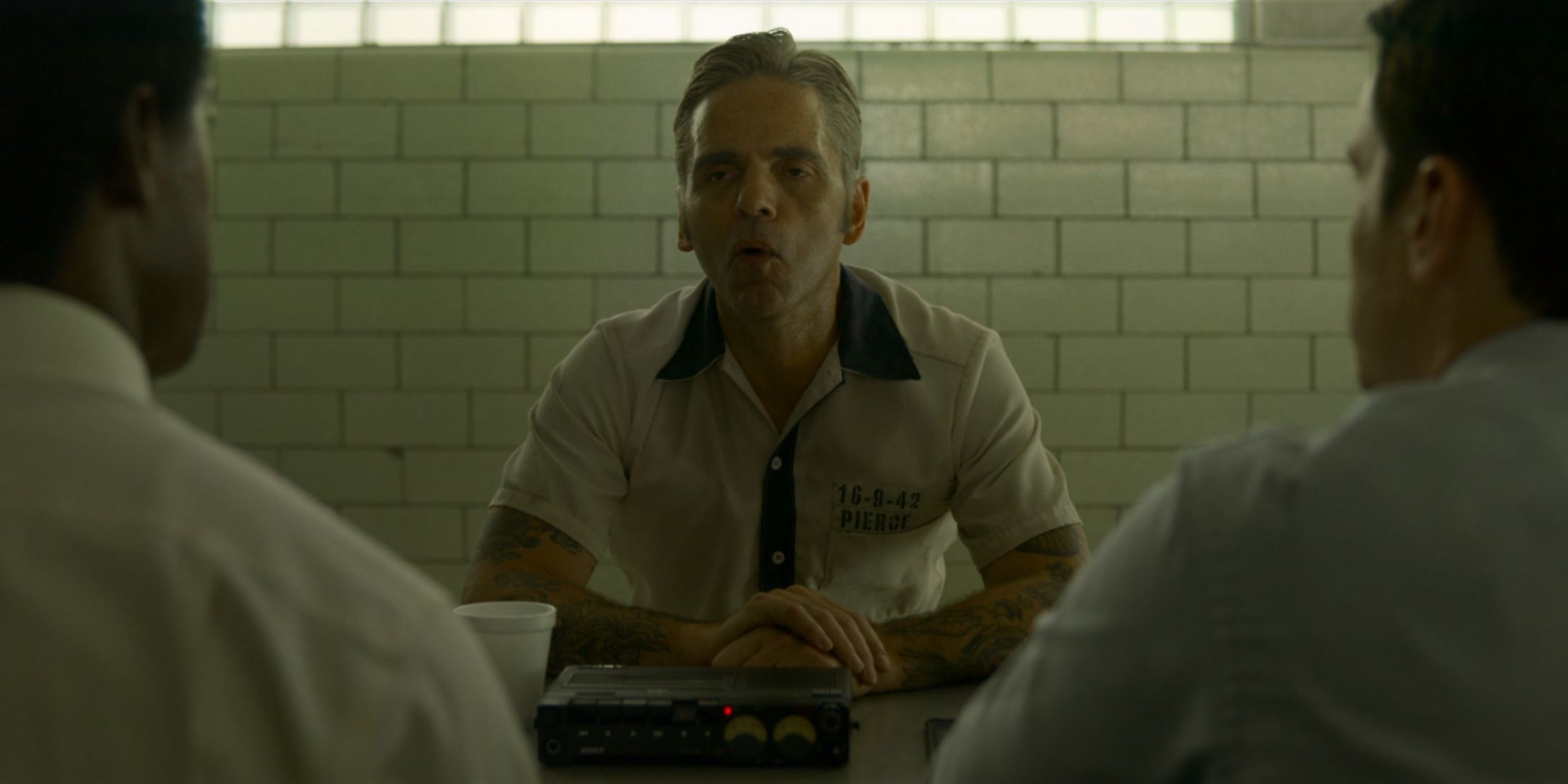
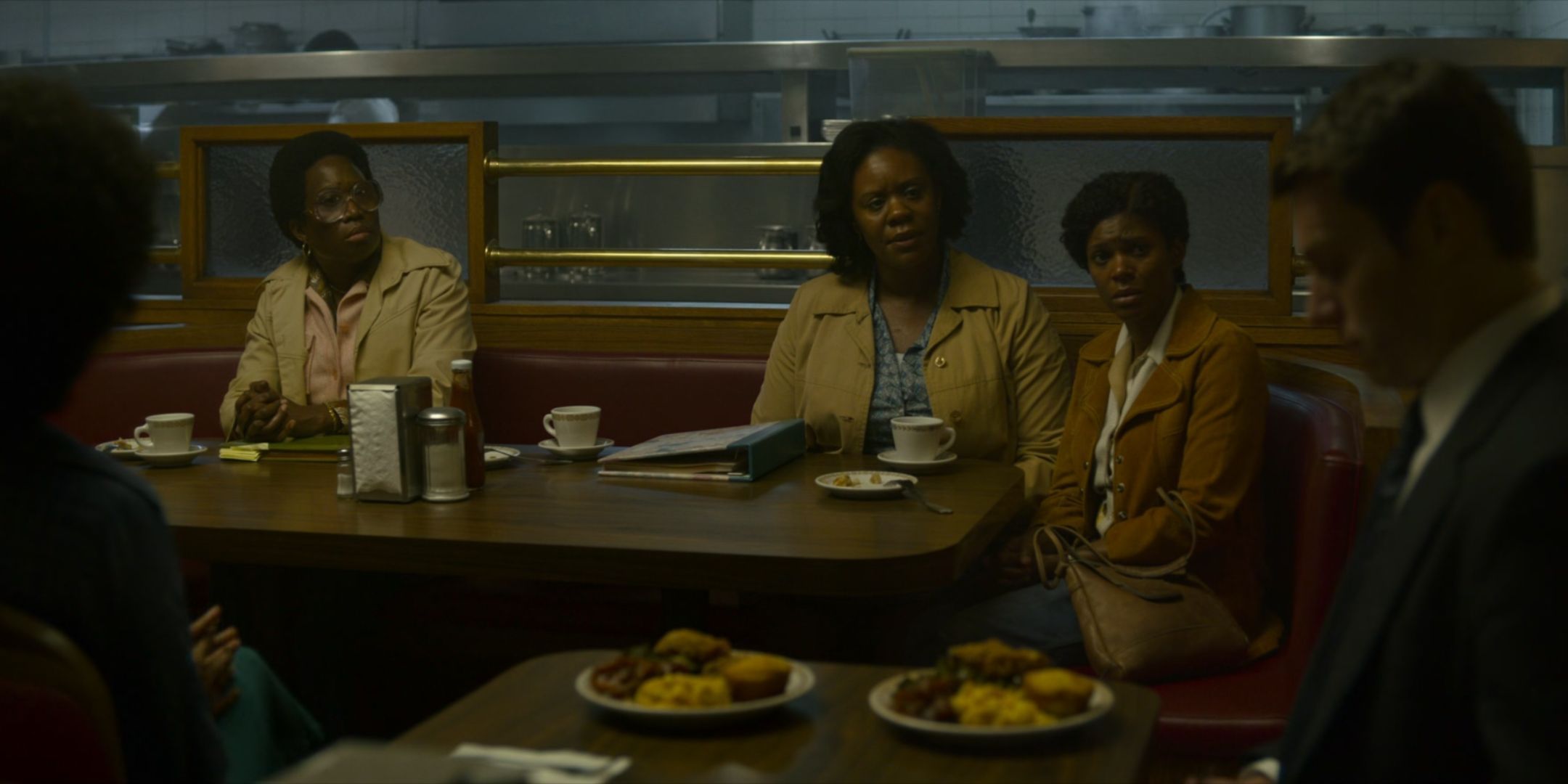
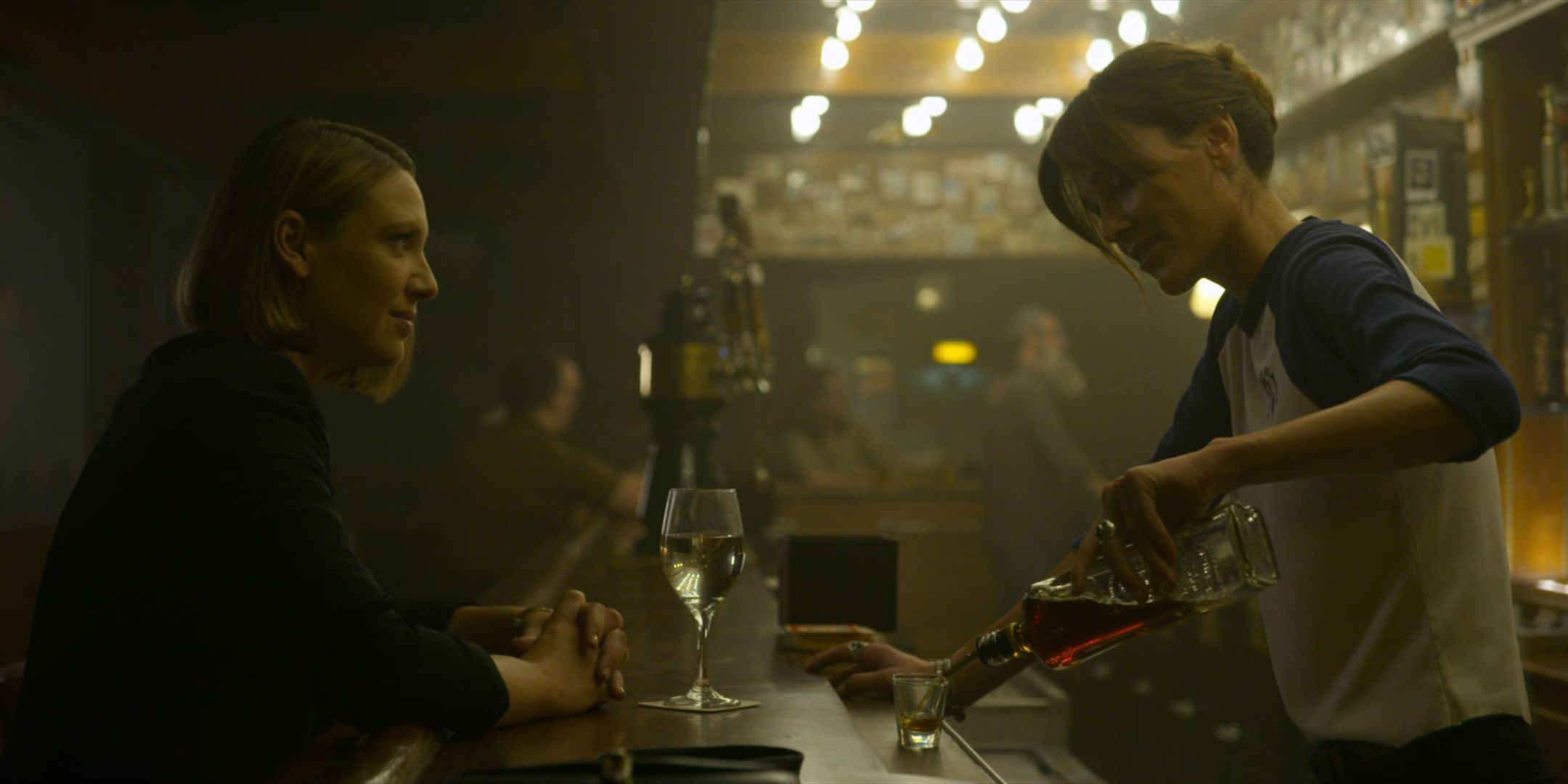
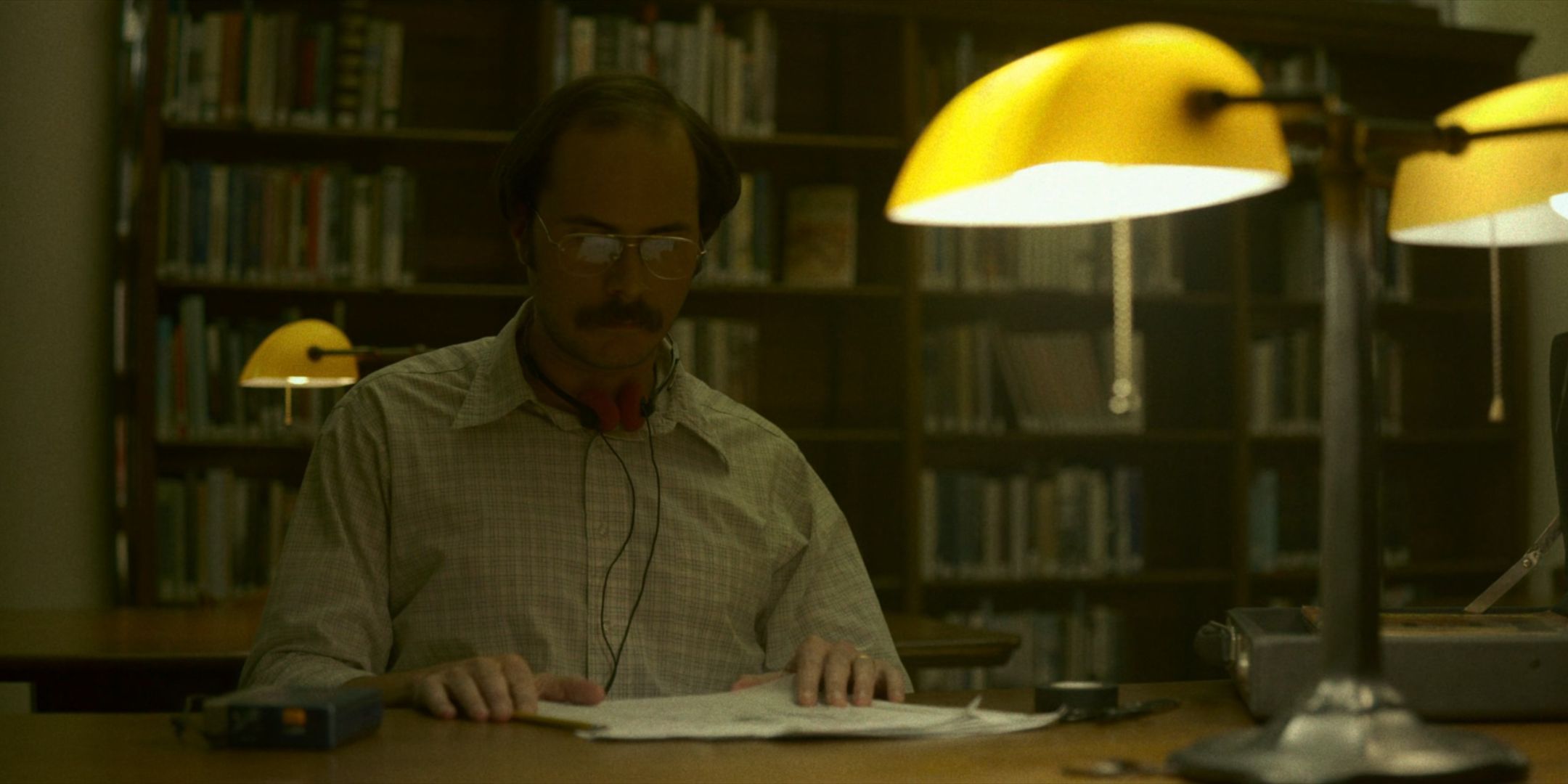
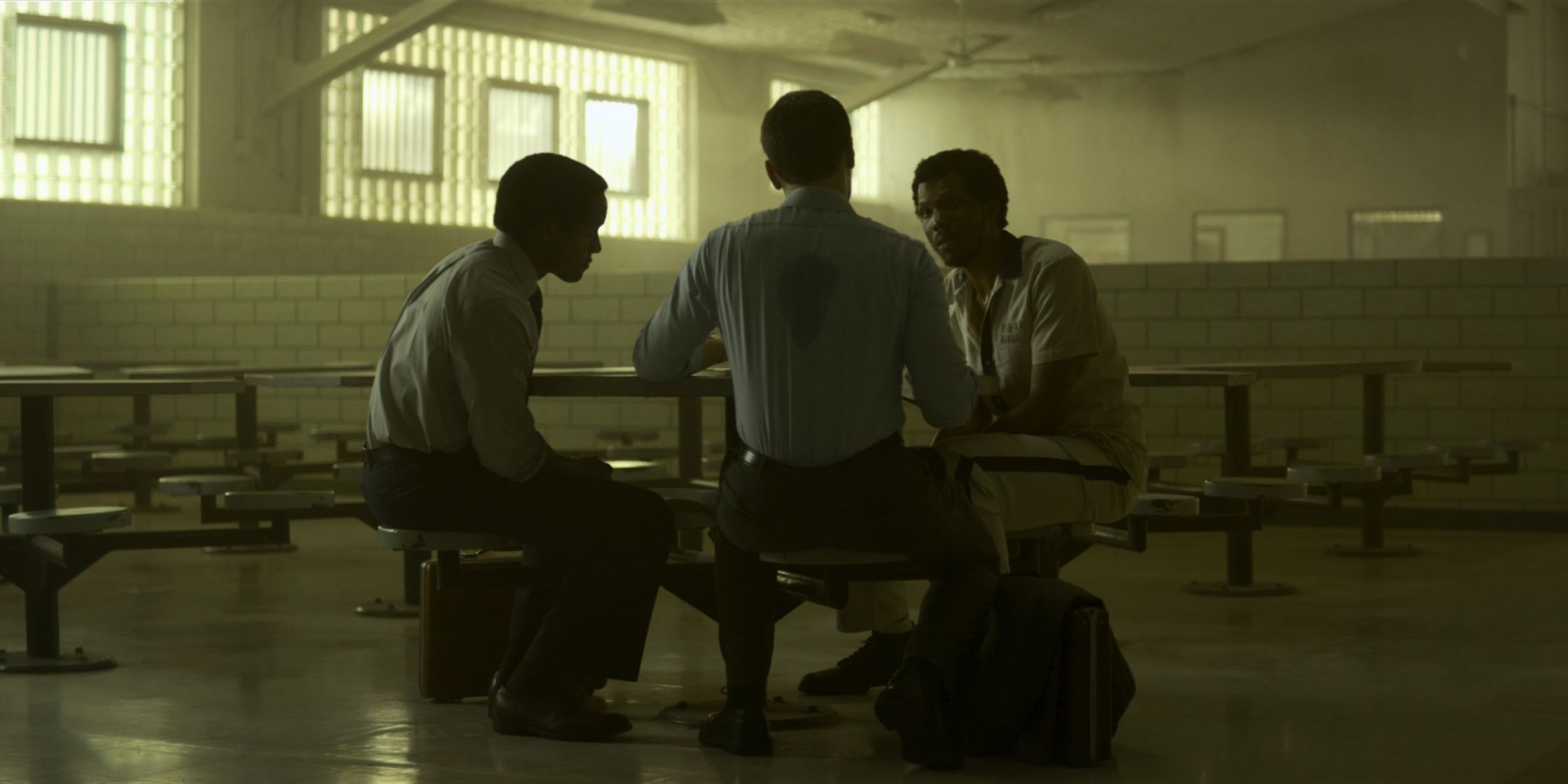
To begin with, Season 2 Episode 3 of Mindhunter gets a nod for its enriching of the ADT serviceman story, really starting to show that he’s got something sinister going on through his library scene. It’s one of the most unfortunate things about Mindhunter that it never got the chance to finish this story that it set up for its whole run, but this is one of the more poignant splashes of what was apparently going to be the major plot of the show. Beyond that, the episode kicks off some of the show’s best storylines, including the fallout from Brian’s involvement in the death of a child, Wendy’s first relationship after leaving her girlfriend and the start of the Atlanta murders storyline.
It’s a rich episode, including two interviews with killers, William Pierce, Jr. and William Henry Hance. These two are very different from the people BSU has talked to so far, being from a poor background and with Pierce showing a need to be seen as smart and Hance appearing to have little understanding of how his behaviors appear from the outside. These interviews reveal shortcomings in Holden, who dismisses the pair for not being smart, pointing to the idea that Holden isn’t just doing this for the science; he also gets off on the intellectual discussions with “smart” killers to some degree. The best part of the episode, though, is when hotel worker Tanya Clifton discovers what Holden does and immediately recognizes that his work could potentially help Atlanta’s Black community, which has been suffering from losing multiple children to an unknown source. This is the introduction of the BSU’s work to an active killer, and it’s impactful to see what it takes to get people to actually care about missing people of color.
4Murder Comes Home and the Team Expands Their Roles in Season 2 Episode 4 of Mindhunter
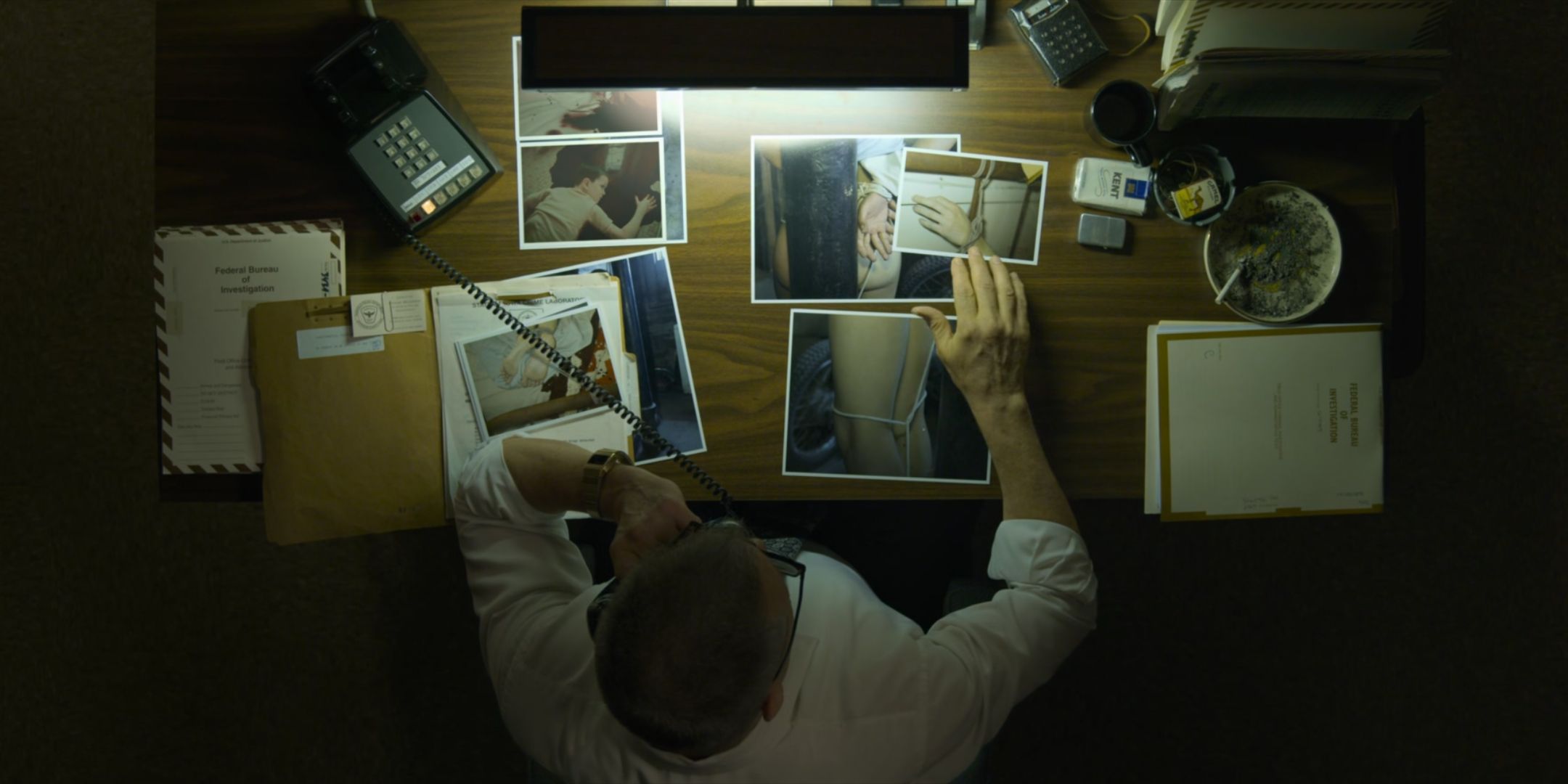
This episode is when the Atlanta child killer investigation really goes into gear, and as the major actual proactive work done by the BSU, it’s one of the show’s biggest plotlines. For a show about brutal murders, it feels odd to say that the early episodes were a honeymoon period for Mindhunter, but as Season 2 Episode 4 shows the professional and private lives of the show’s characters truly starting to fall apart, the term is apt. With Holden and Bill deployed to Atlanta as the FBI gets authorized to be directly involved in the killings there, the methods they’ve developed in a “safe” environment are finally put to a real test, while at the same time Wendy and Gregg are forced into the field to make up the planned serial killer interviews and Bill’s son Brian is revealed to be involved in the killing of a child.
This is where the show’s themes really lock in, as everything that has come before as theory is now put into practice and the consequences of this bizarre but important work come home. Brian’s actions appear to be heavily influenced by his hero-worship of his father and knowledge of his work, and Wendy suddenly has to accept that she is both no longer able to work on serial killers from a distance and that she doesn’t yet have the expertise to do so the way Holden and Bill do. Further, Holden’s instincts now have to be approved by real people who are actually dealing with ongoing murders, and his intellectualizing of serious and inherently emotional issues doesn’t generally get a good response from those who are affected by the killings. The central conflict of Mindhunter — whether this attempt to understand and handle serial killers is good or not — grows in strength and complexity in this episode.
3The Charles Manson Episode of Mindhunter Was a Big Deal, But the Point Was the Hype
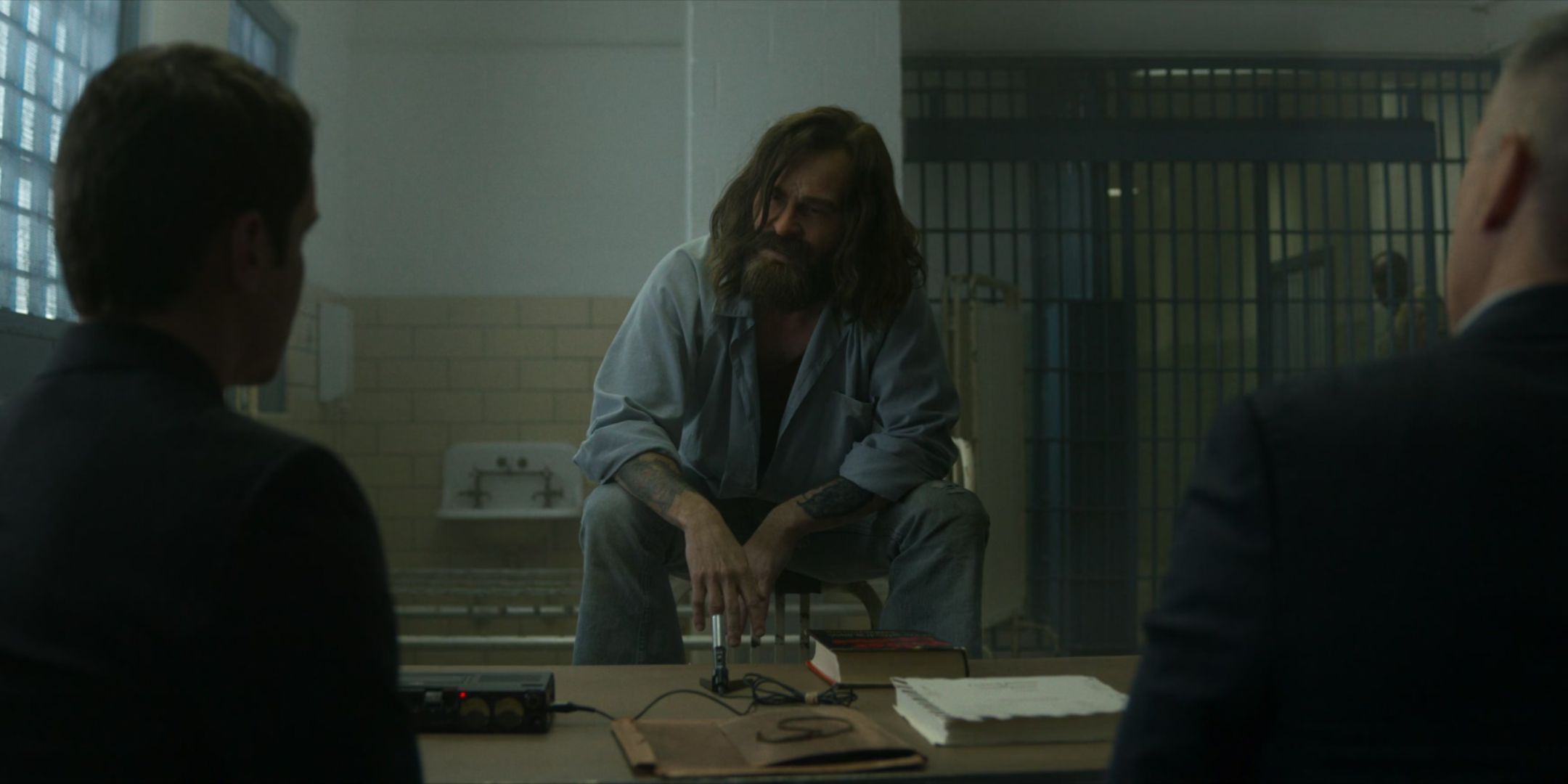
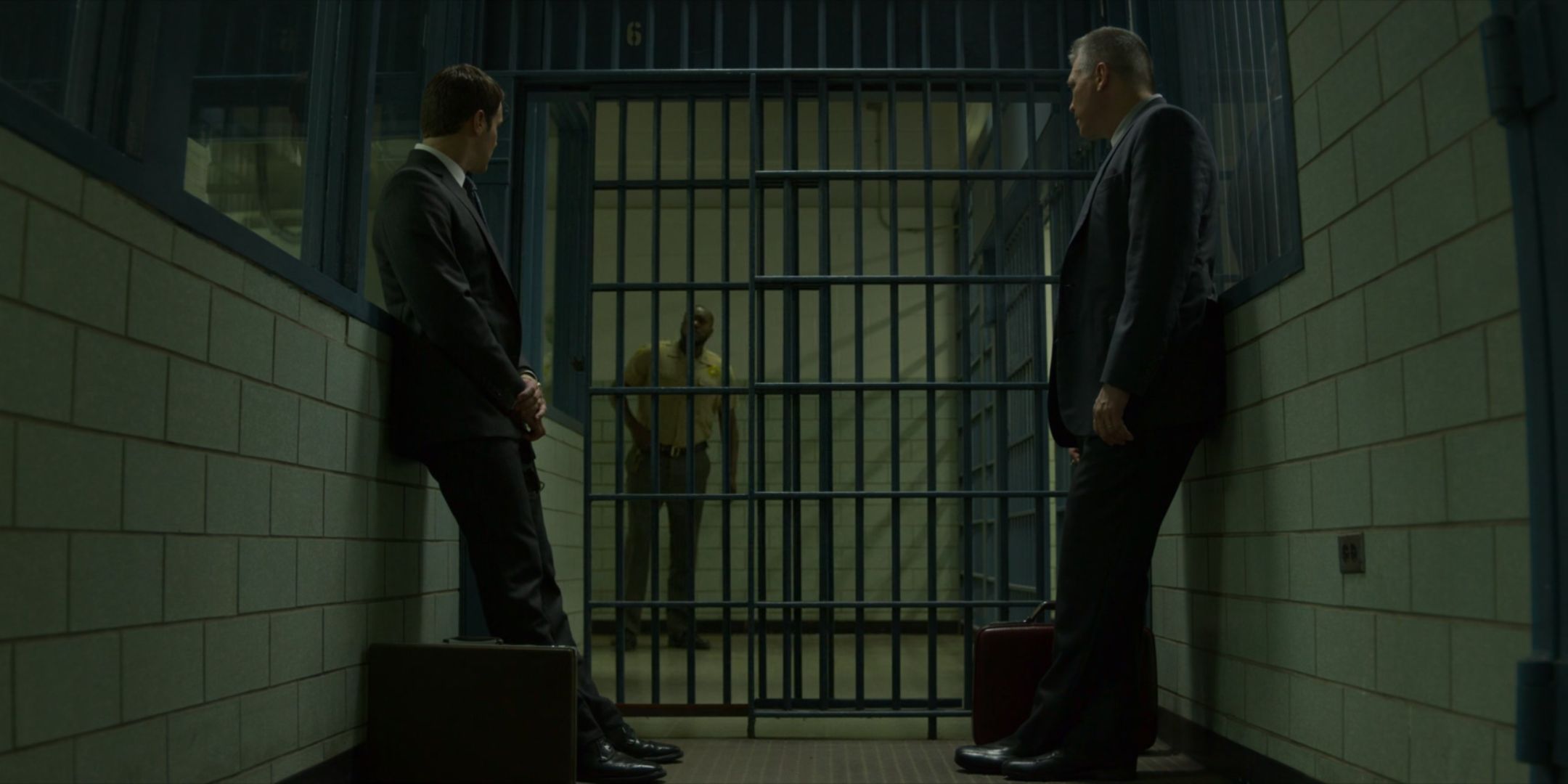
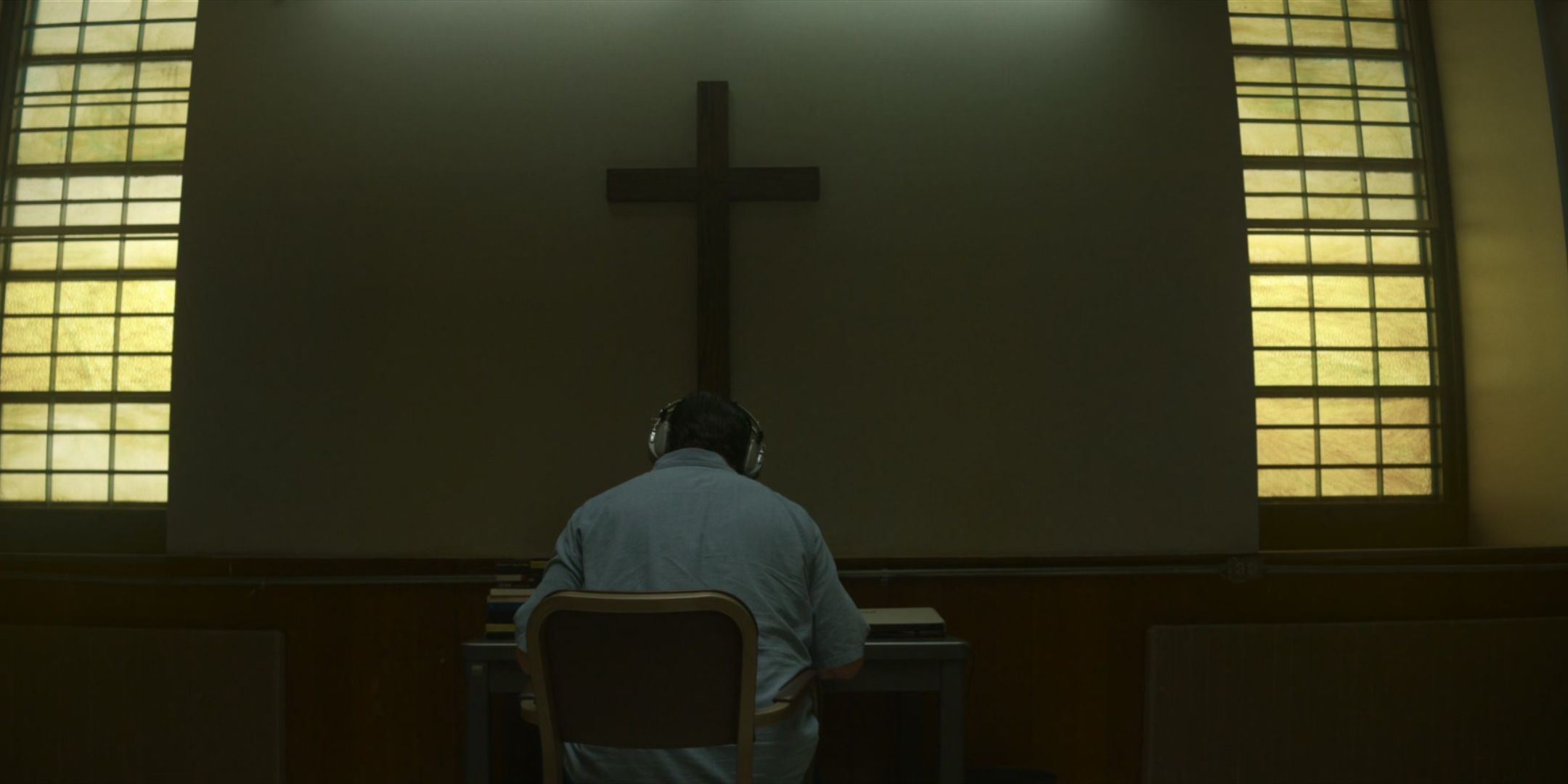
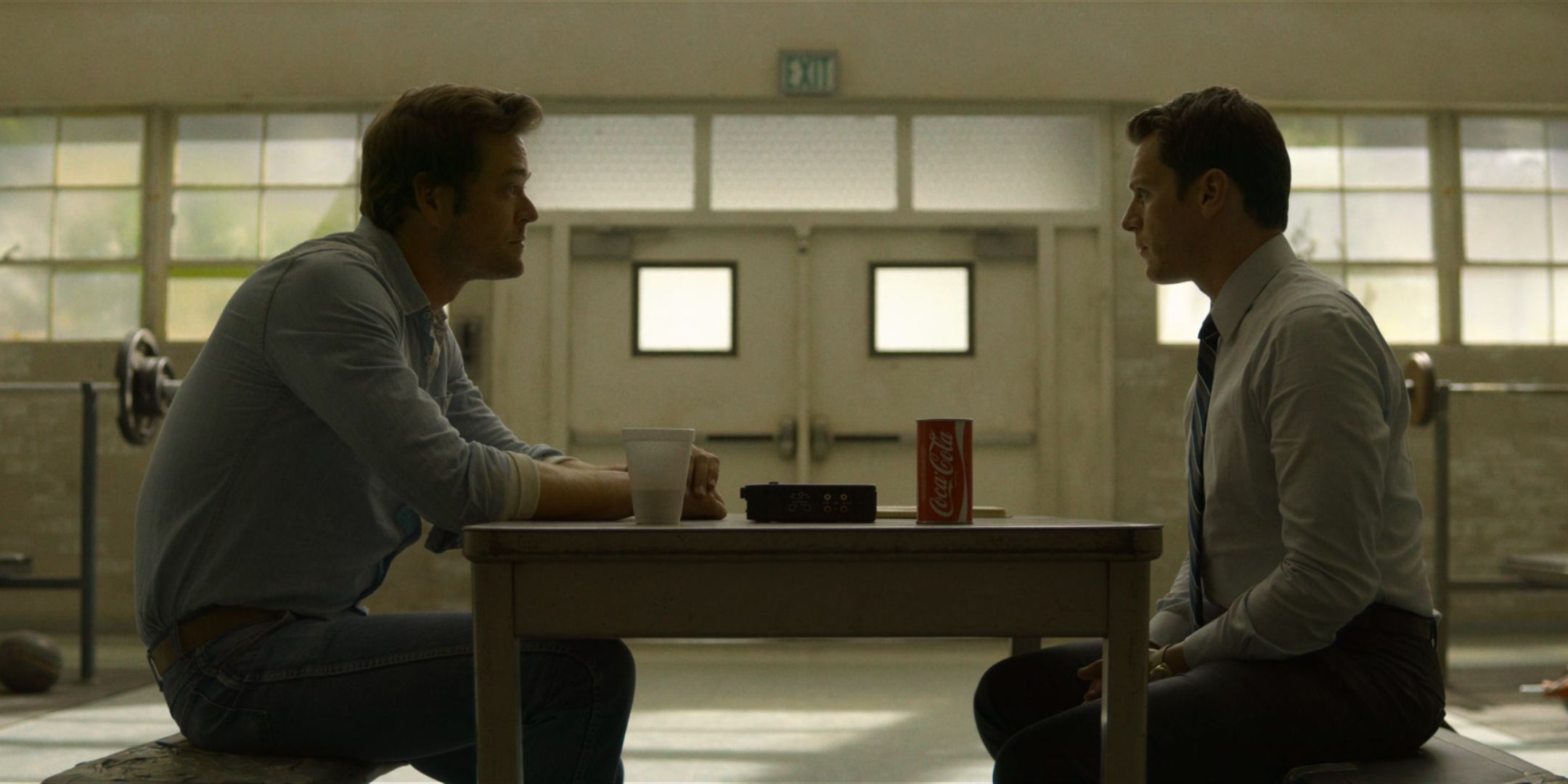
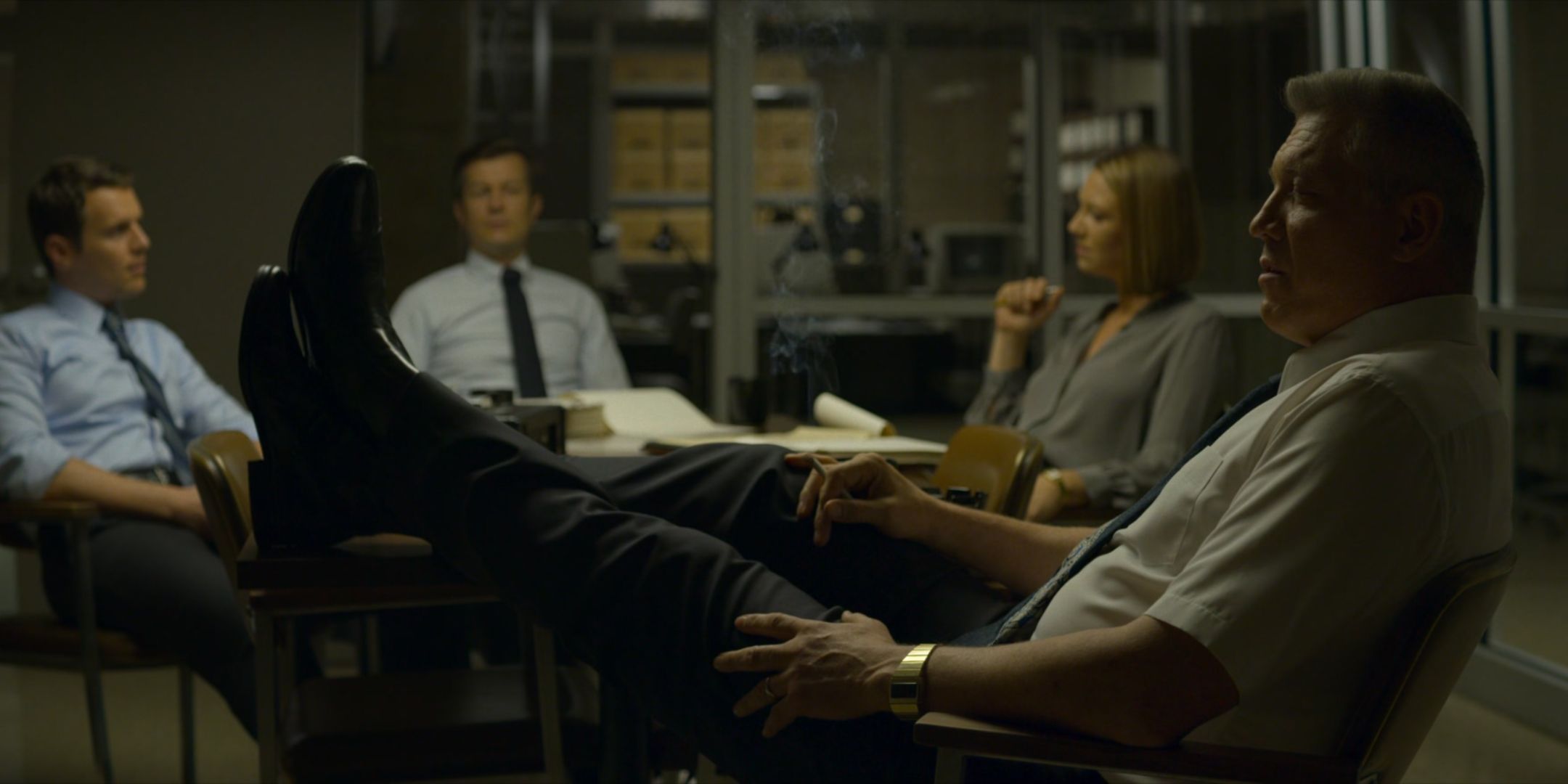
From the very beginning of Mindhunter, the Charles Manson murders were discussed as a main event that everyone in the world was aware of as an example of the worst of human behavior. This is quite real, as the Manson murders took the news by storm and locked into the minds of the public in the late 60s and the 70s as one of the most impactful and horrific moments people had ever heard of. Especially because of their ties to the hippie movement and drugs, which the general public was already extremely concerned about, as well as concerns about the new concept of “brainwashing,” the Tate-LaBianca murders represented a watershed moment for culture at large, and Mindhunter very much backs that up throughout the show.
It isn’t until Season 2 Episode 5 of Mindhunter that Charles Manson is actually introduced, however, and the episode is all about how he has been elevated in the minds of the public to a status far above that of other killers. As someone who didn’t actually directly kill anyone, and with the murders he’s attached to numbering far fewer than some of the other killers in the show, it’s Manson’s magnetic personality and quick mind that have made him more important than other murderers, and Mindhunter does a great job laying that out. The fear here is that someone could cause others to kill, could manipulate any situation and any person, in a way that makes him almost supernatural. Holden is a mirror of Manson, fascinated by the man like a fan would be and (right or wrong) feeling fully right in his thoughts to the point that he has no problem telling others they’re wrong. It’s a striking comparison and one of the show’s best moments.
“Each night as you sleep, I destroy the world.”
-Charles Manson’s inscription in Holden Ford’s book in Mindhunter
2The Interview with Ed Kemper in Season 1 Episode 2 Is What Defined Mindhunter’s Style
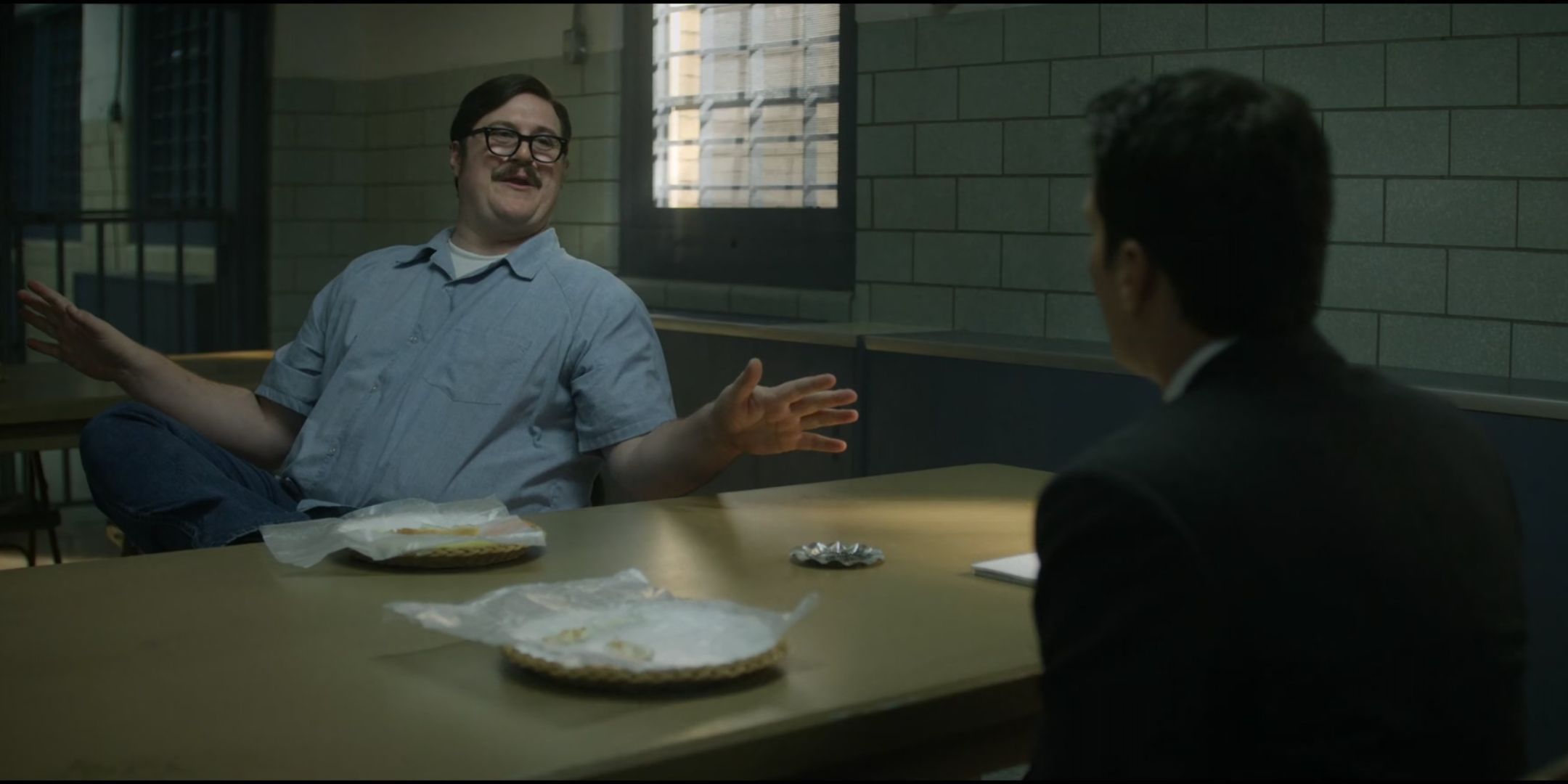
While the first episode of Mindhunter is fascinating, it’s a slow burn and really serves as a true pilot for what comes later, with very little structural sameness with the rest of the show. Season 1 Episode 2 is where Mindhunter‘s magic becomes apparent, with the characters in the show deciding to interview their first serial killer, Ed Kemper. This is what separates Mindhunter from other serial killer media, as the interviews are something very unique, chilling and intellectually fascinating.
Actually the second choice to Manson in the show initially, Kemper’s interviews are by far the most arresting in the show, partially due to actor Cameron Britton’s incredible, nuanced performance. Of the multiple such scenes, none are better than the first in Season 1 Episode 2, which shows Holden developing his technique in real-time. Bill eventually joins Holden in his interviews, with the different yet complementary tacts taken by the pair of FBI agents providing the basis for the whole show’s process, and the two also solve a murder in Sacramento, showing for the first time that their work can be applied to current situations. The show grows in complexity and cast later, but this early episode is what grabbed audiences’ attention and cemented Mindhunter as one of the major crime shows of all time.
1Everything That Made Mindhunter a Hit Is on Display In Season 1 Episode 7’s Interview with Jerry Brudos
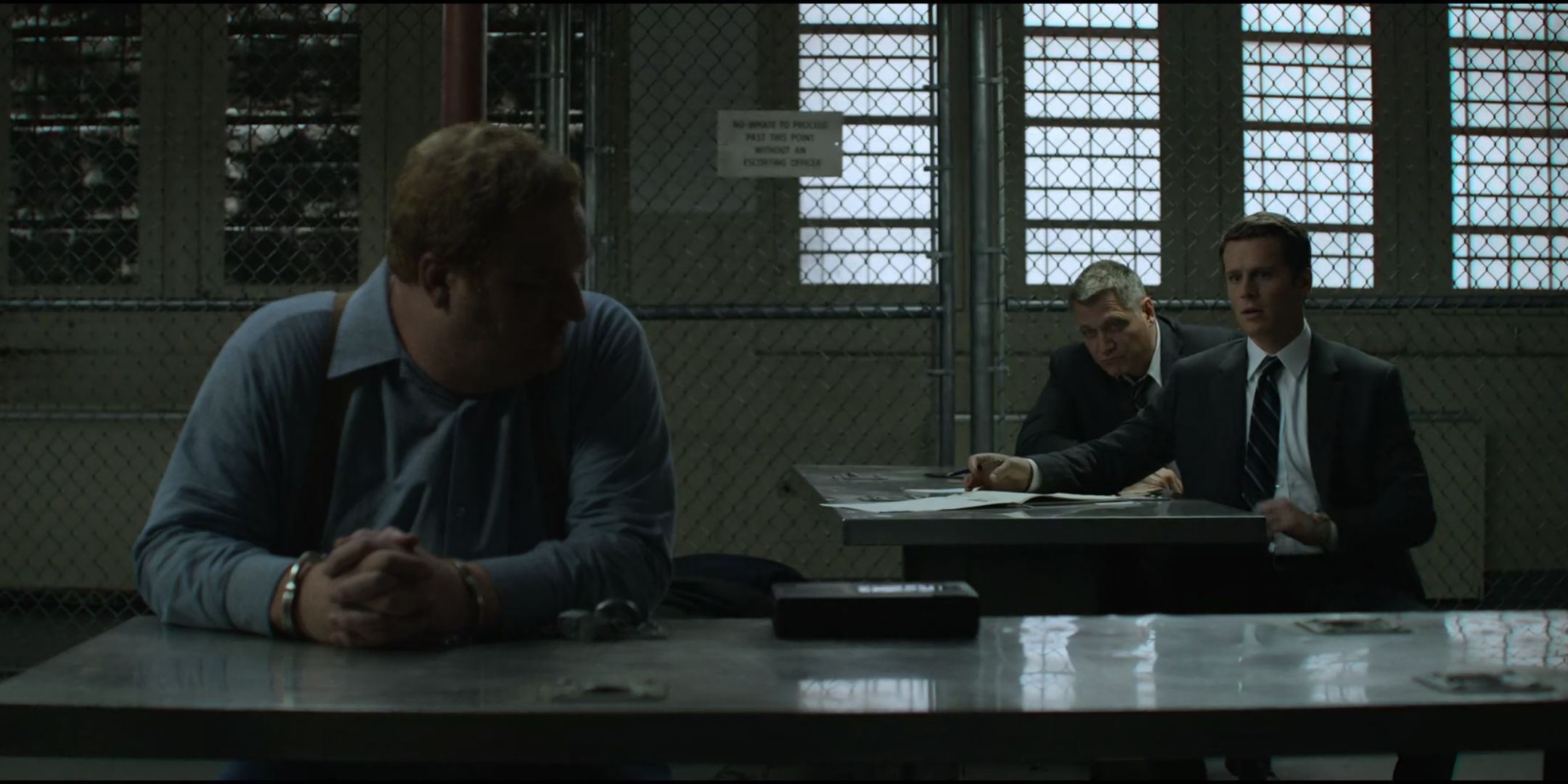
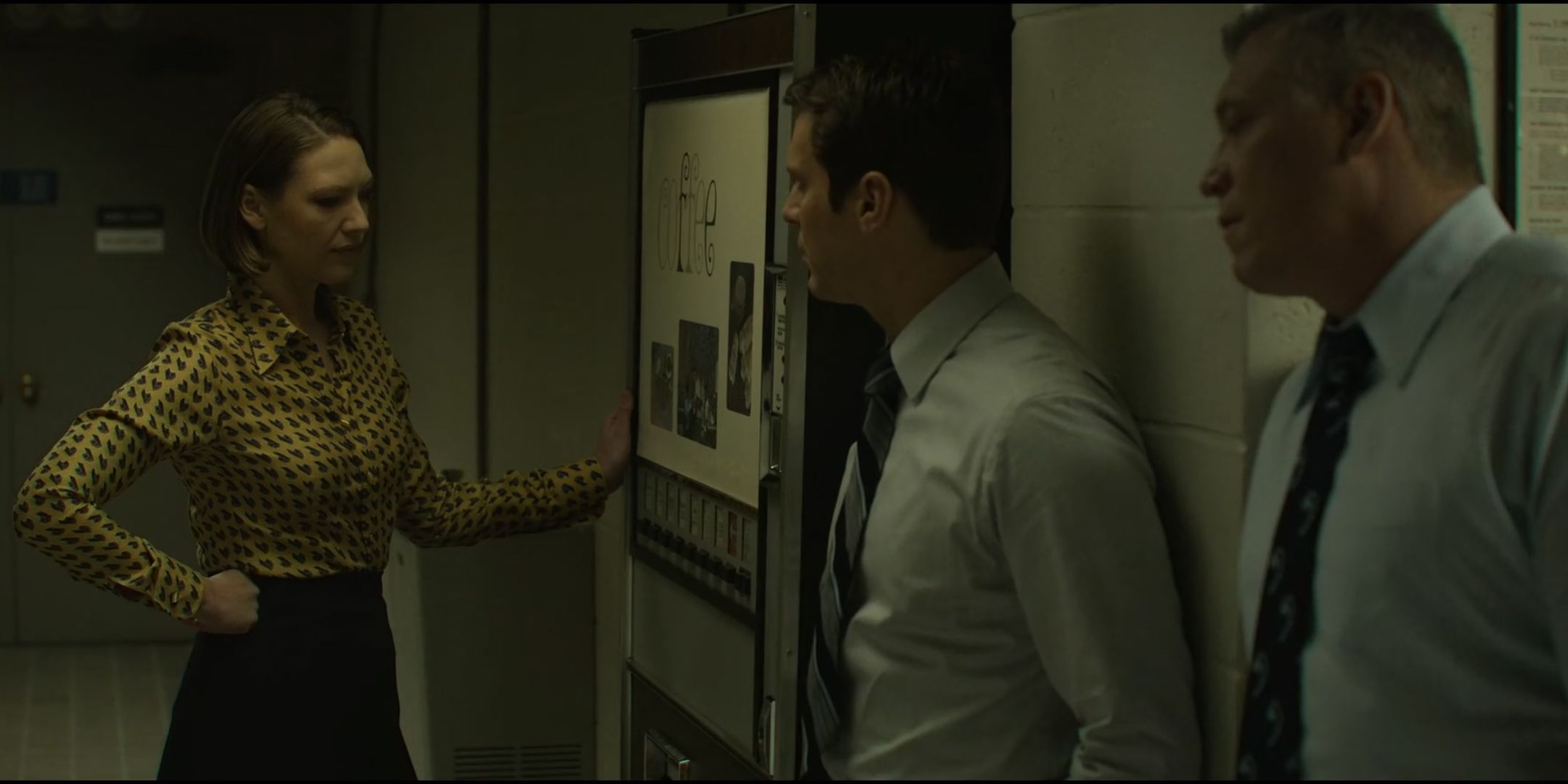
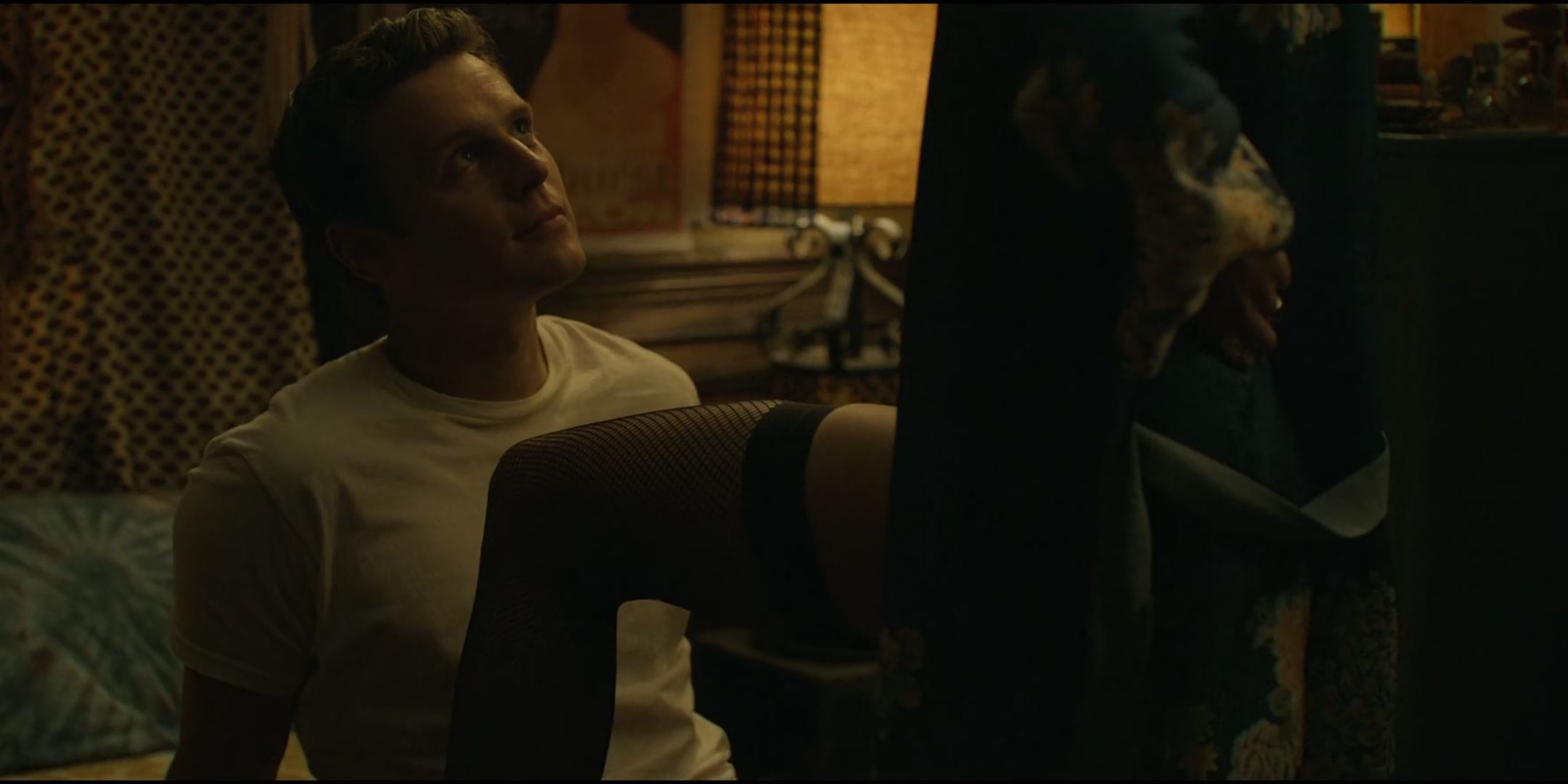
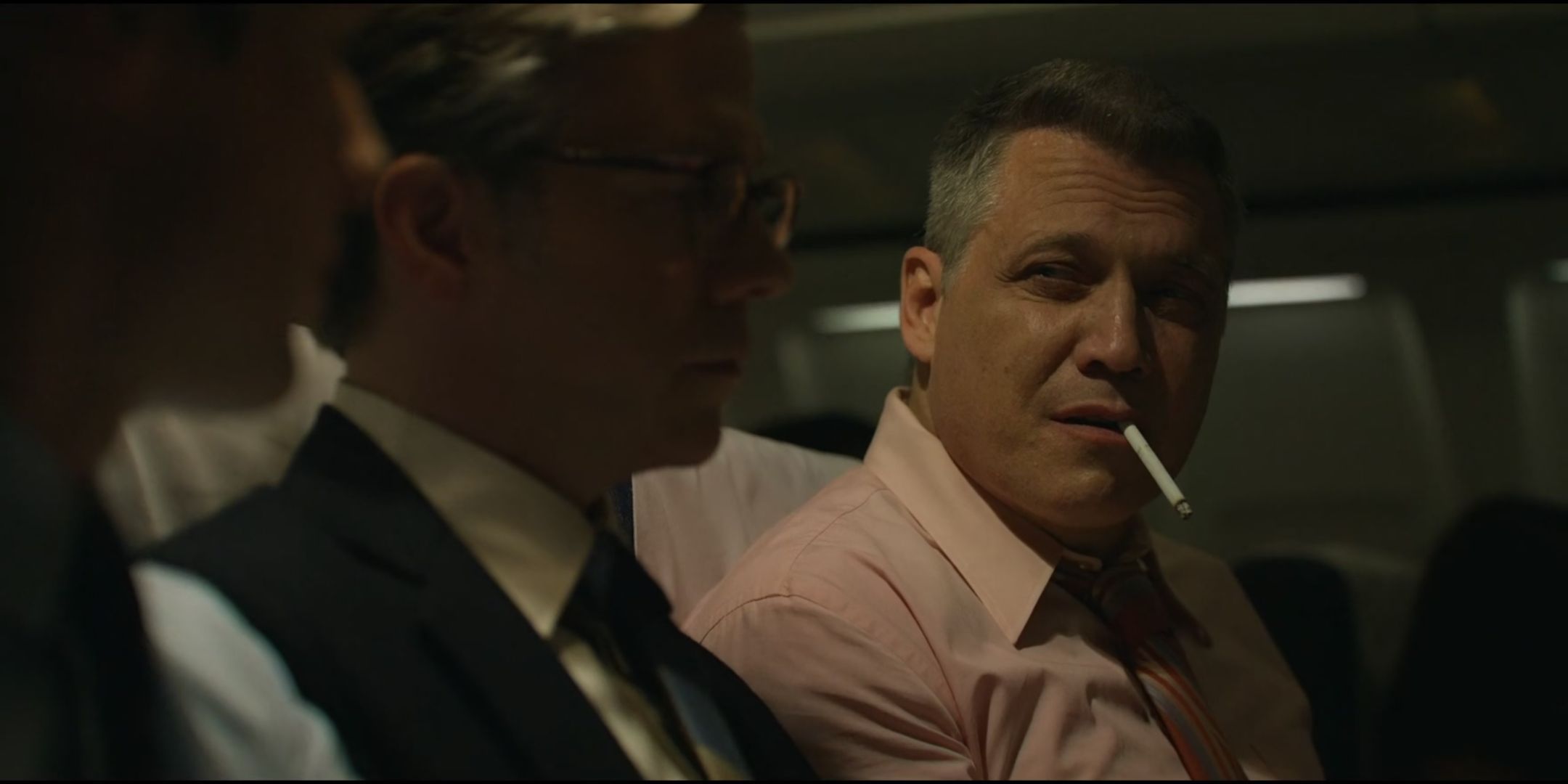
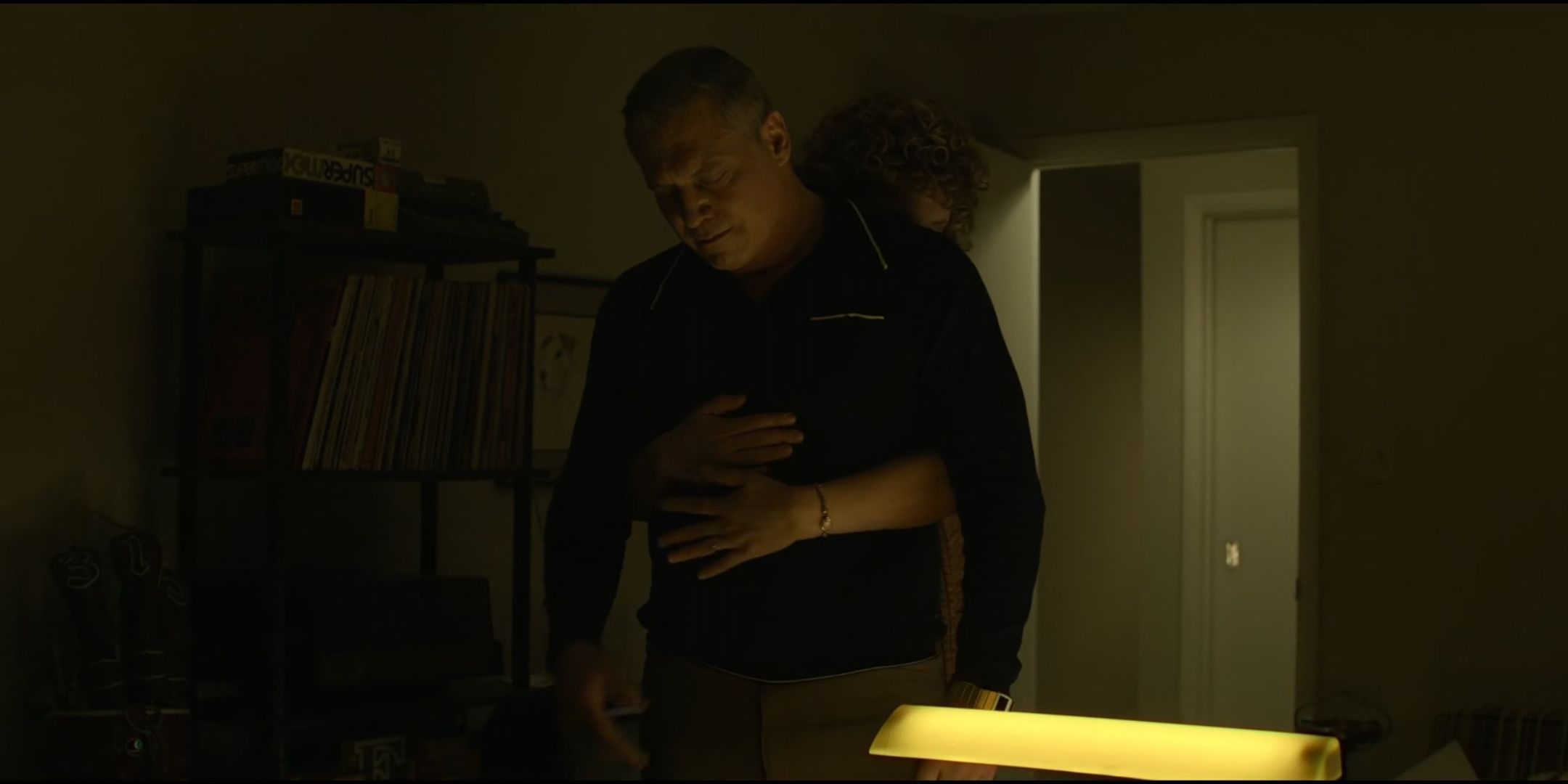
While the show’s richness of narrative only grows as it goes, and though Season 1 Episode 2 established it as a hit, Season 1 Episode 7 is the epitome of Mindhunter, with everything it has to offer functioning at once. Kemper might be the interviewee who sets the tone for the show, and Manson might be the most infamous, but Jerry Brudos is the killer who provides the show’s best episode. As opposed to Kemper and Manson’s apparent openness about the events they were imprisoned over, Brudos is truly weird and twisted, constantly laughing and denying the facts even in the face of photos he took of himself with his victims.
This episode also reveals that the killers are in communication and that Holden and Bill know less than they think they do, which affects Holden in particular, further revealing that his own ego is now wrapped up in this work and his relationship with killers. The pair take their interview back to Wendy, who does her typical shrewd assessment and expands the meaning of the interview, with the office dynamic of the show really solidifying in these scenes. On the side, there’s a great C-story of Wendy reveling in her newfound freedom from her ex and academia, finding a stray cat to take care of, and the episode also introduces Brian’s issues. The episode wraps with a pointed moment of Holden’s sexual issues that point to him having been obviously affected by the interviews with killers, especially Brudos, and with all of these elements, Season 1 Episode 7 of Mindhunter exemplifies everything the show does.

